He was the first ruler to call himself Emperor of Russia and modernized the army and navy in the early 18th century.
Peter the Great | Пётр I (Первый)
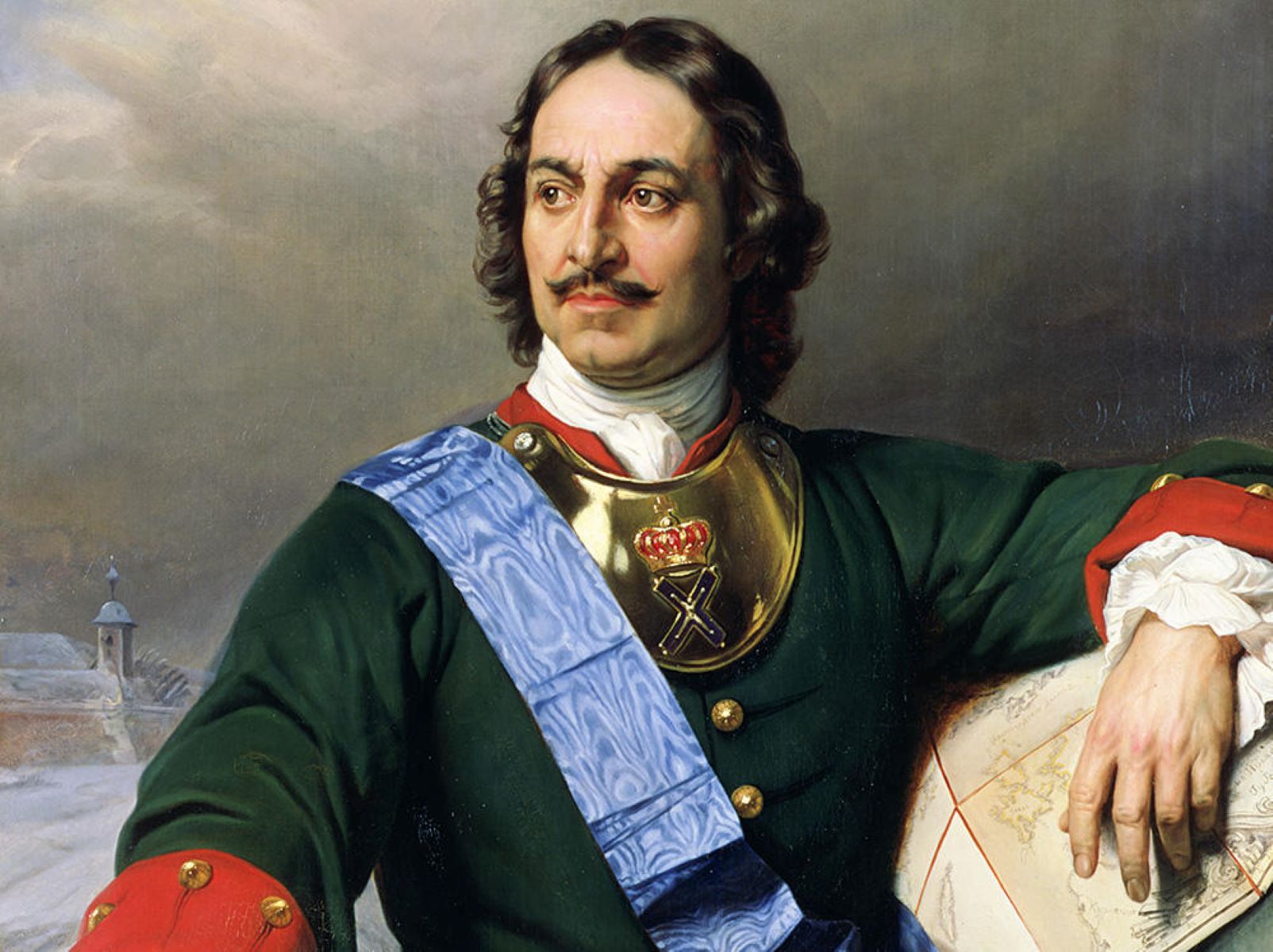
This Soviet cosmonaut became the first human in space on April 12, 1961.
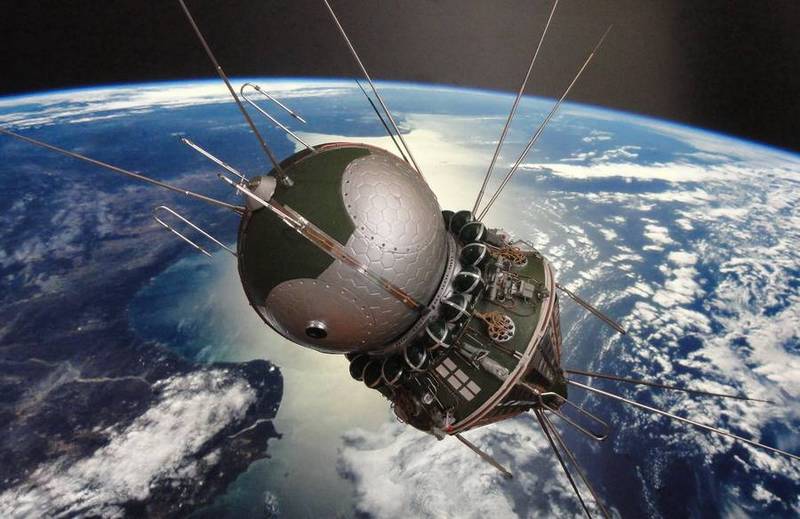
Yuri Gagarin | Юрий Гагарин
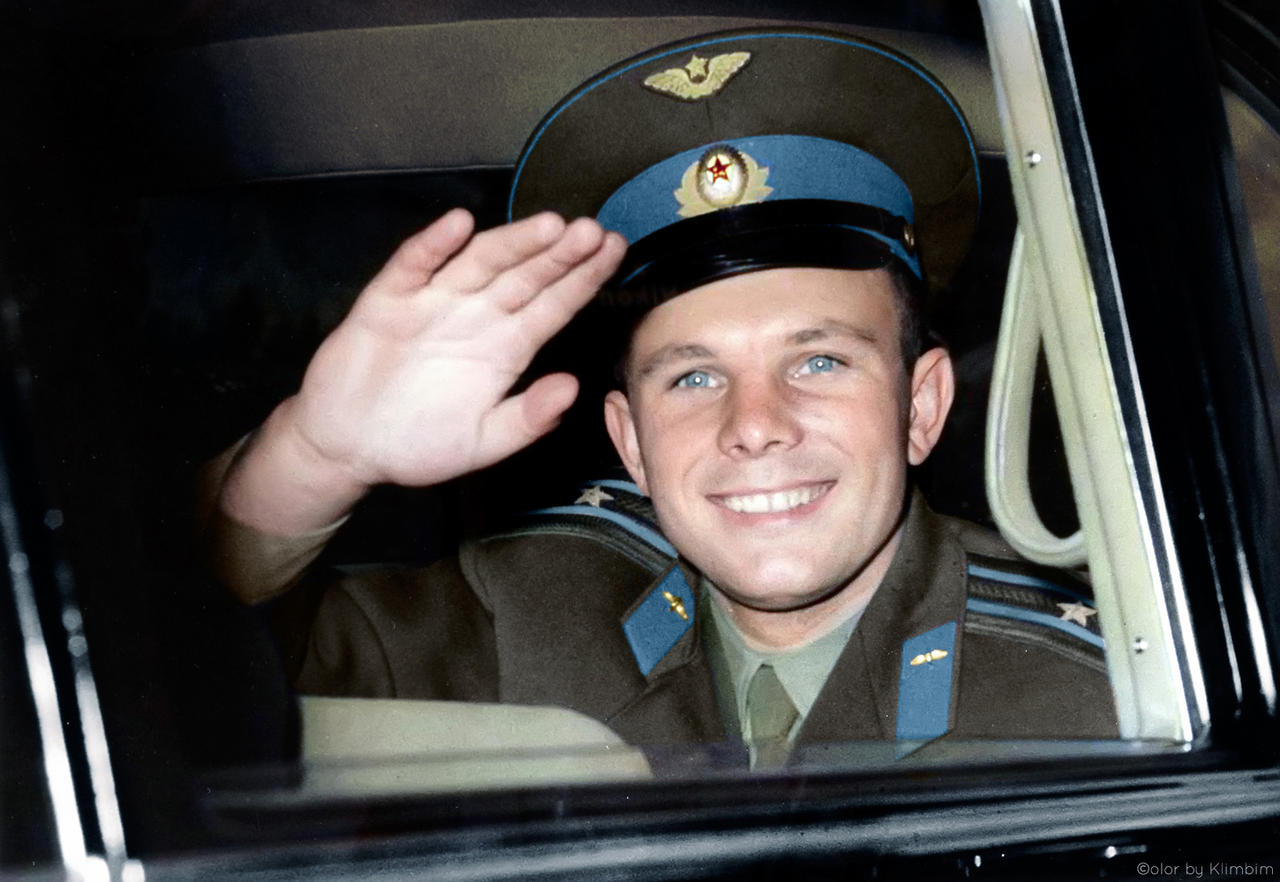
This 1917 political event brought the Bolsheviks to power under Vladimir Lenin.
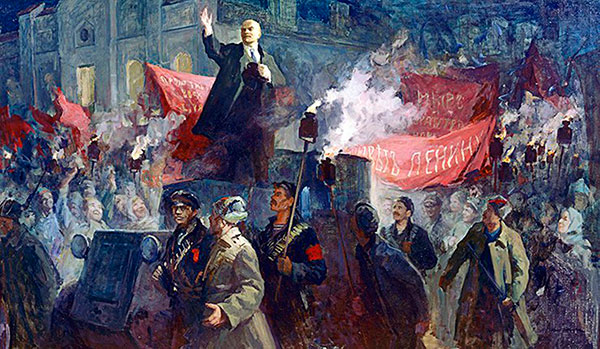
October Revolution | Октябрьская революция 1917-го года
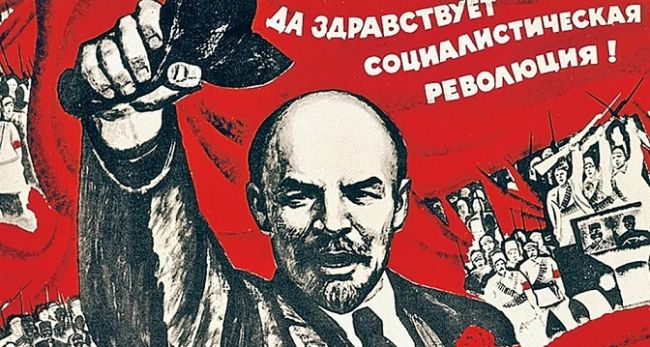
This Russian author, arrested for involvement with a revolutionary group, narrowly escaped execution before being sent to Siberia.
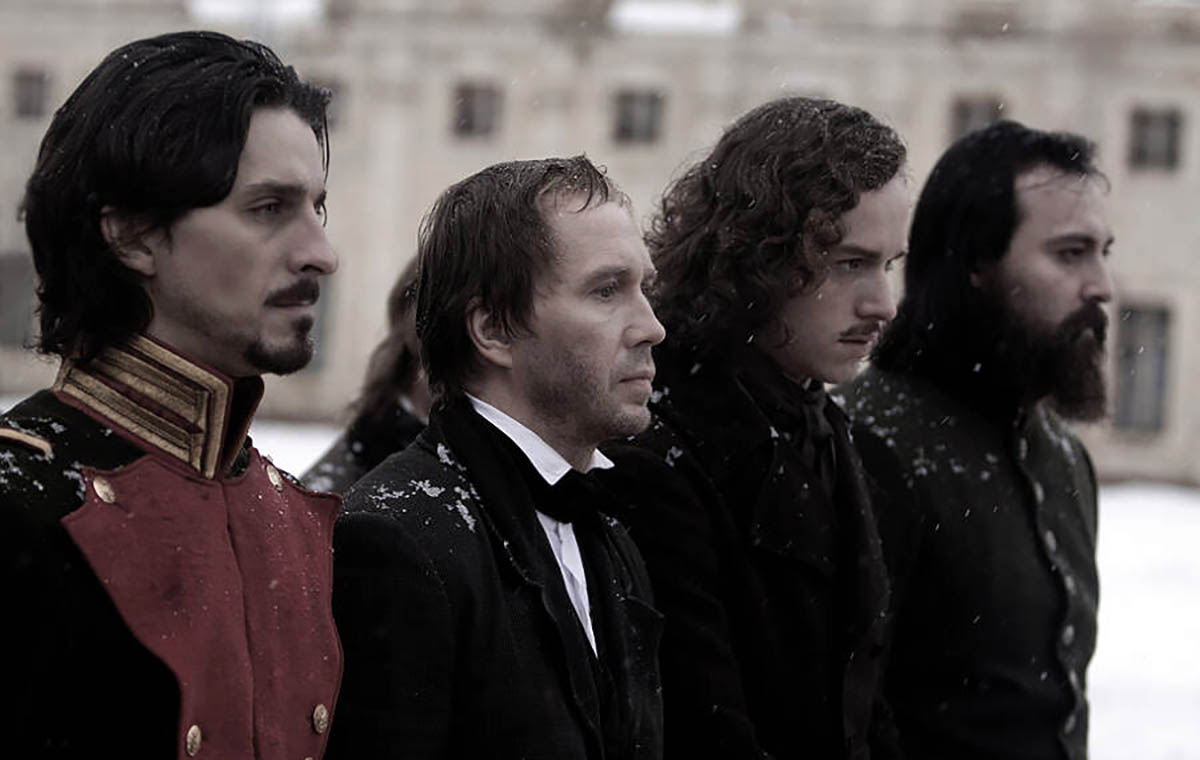
Fyodor Dostoevsky | Фёдор Достоевский
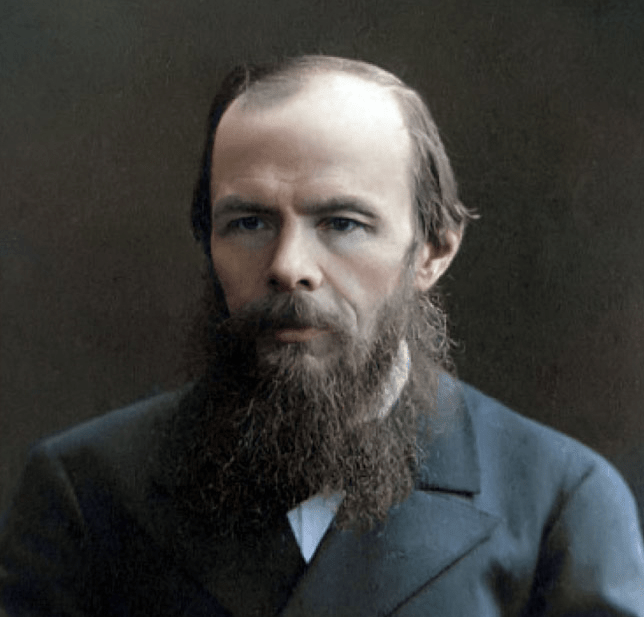
This composer wrote Swan Lake ("Лебединое озеро") and The Sleeping Beauty ("Спящая красавица").

Pyotr Ilyich Tchaikovsky | Пётр Ильич Чайковский
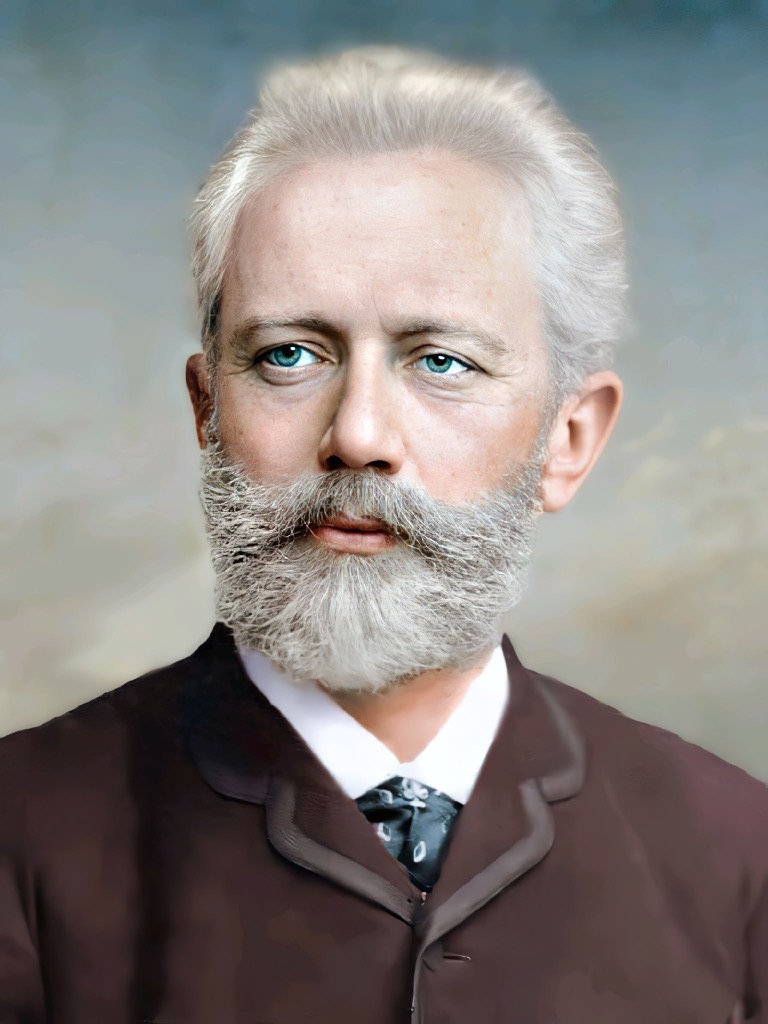
This 1997 Russian film became a cult classic for its portrayal of post-Soviet life and follows the story of a young man navigating crime and family in St. Petersburg.

Brother | "Брат"
Russians celebrate this holiday on January 7th according to the Orthodox calendar.
Orthodox Christmas | Православное Рождество
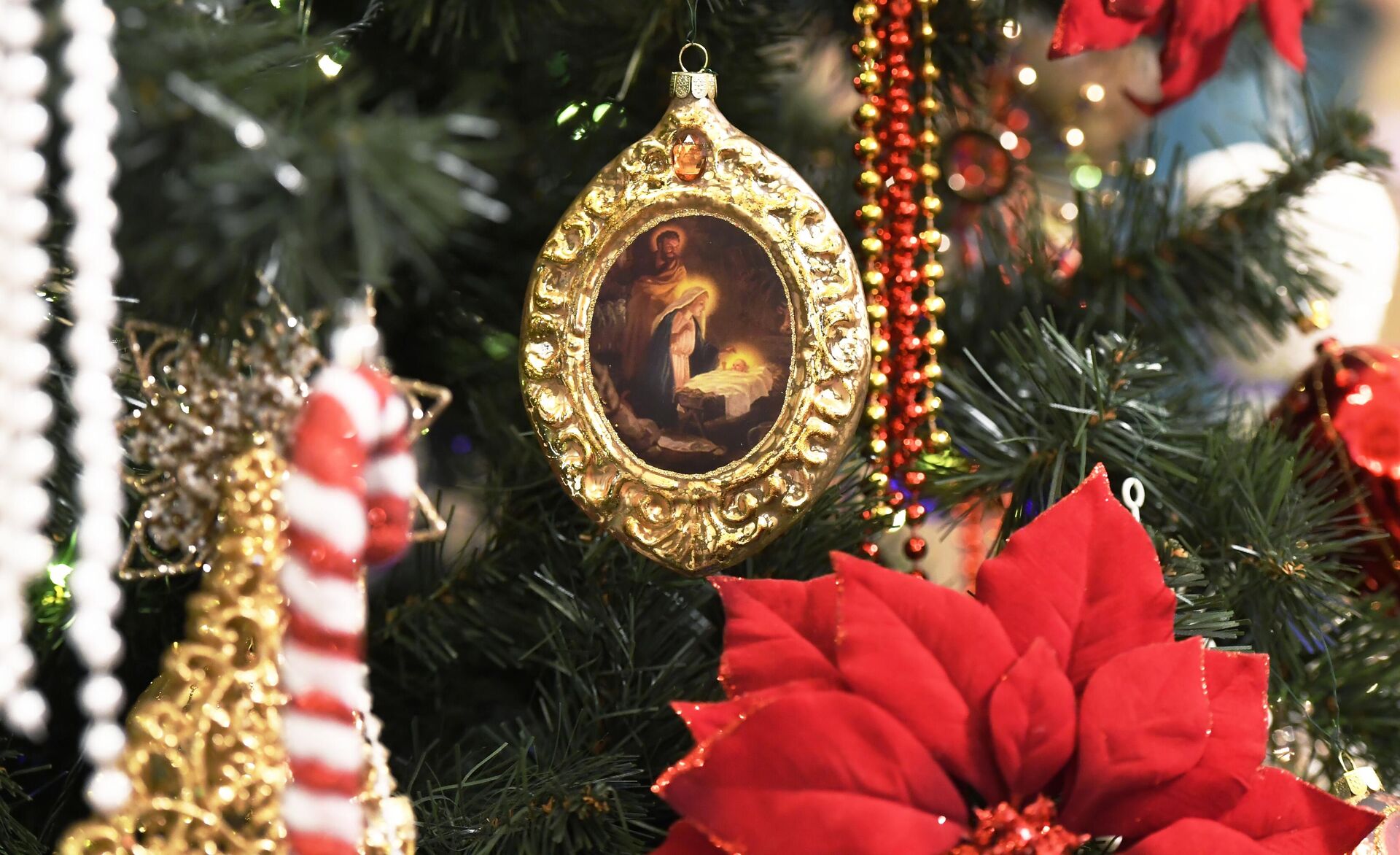
The city of Russia’s tsars from 1712 to 1917.
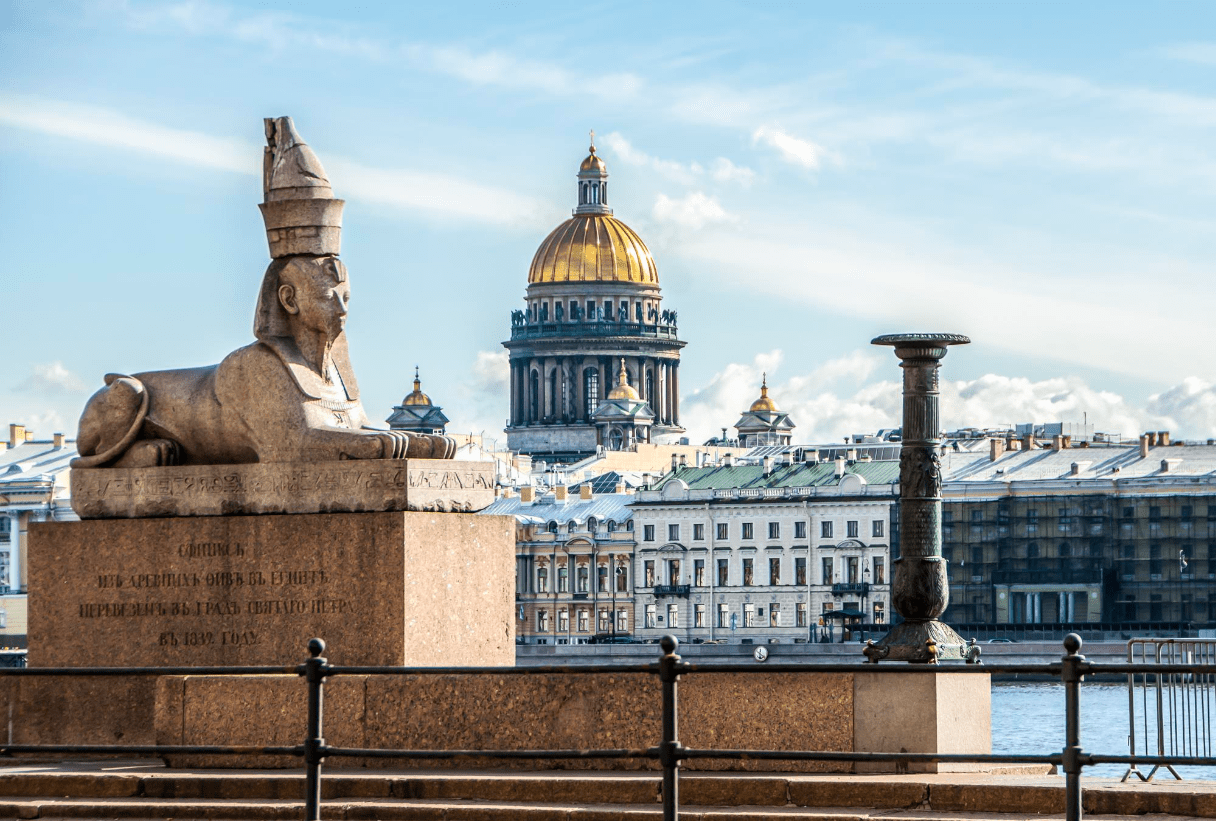
St. Petersburg | Санкт-Петербург
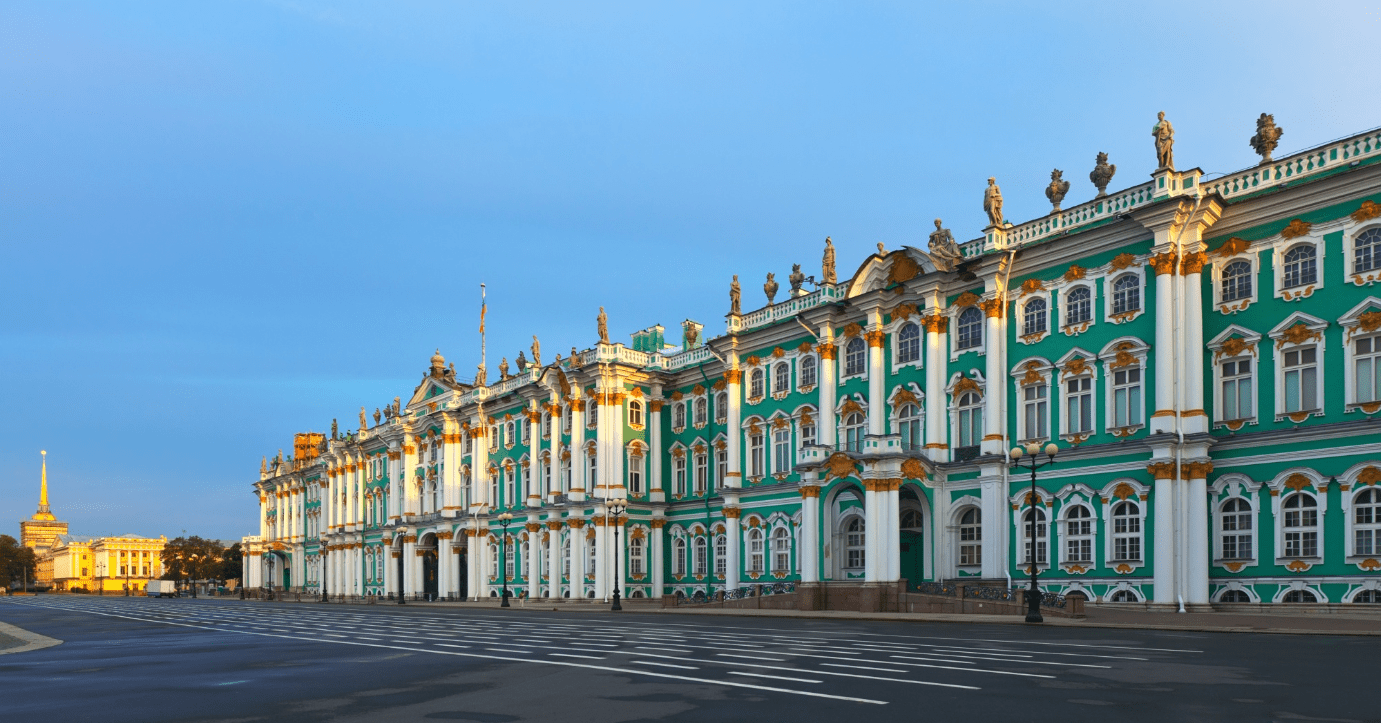
This river is the longest in Russia and in Europe, flowing into the Caspian Sea.
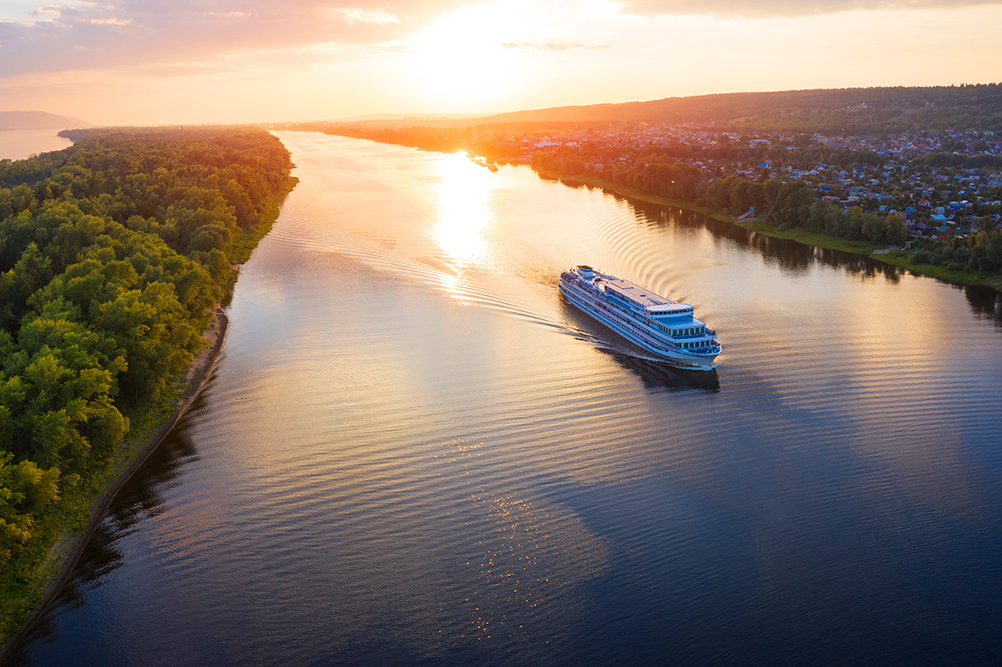
the Volga River | Волга
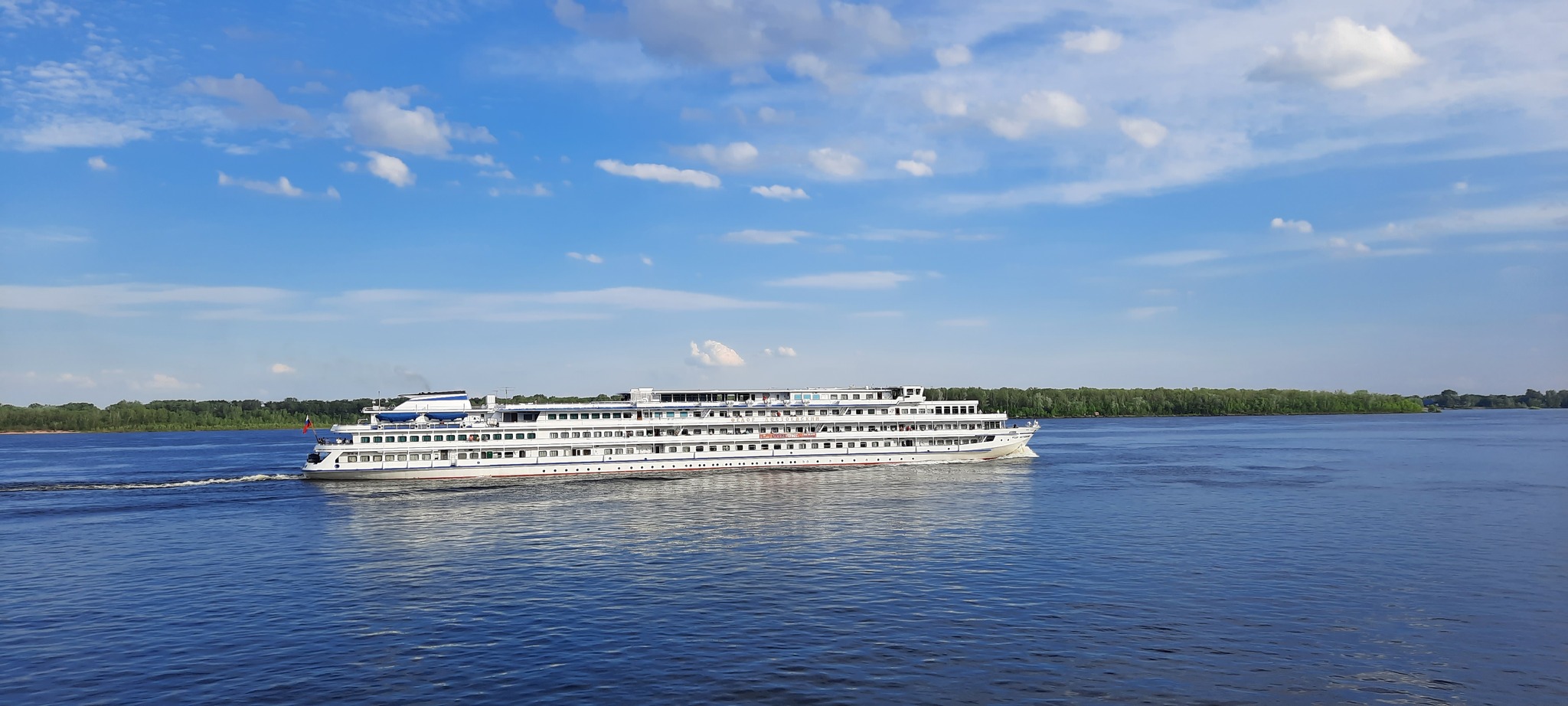
This Russian tsar, known for his harsh rule, commissioned the construction of Saint Basil’s Cathedral in Moscow.
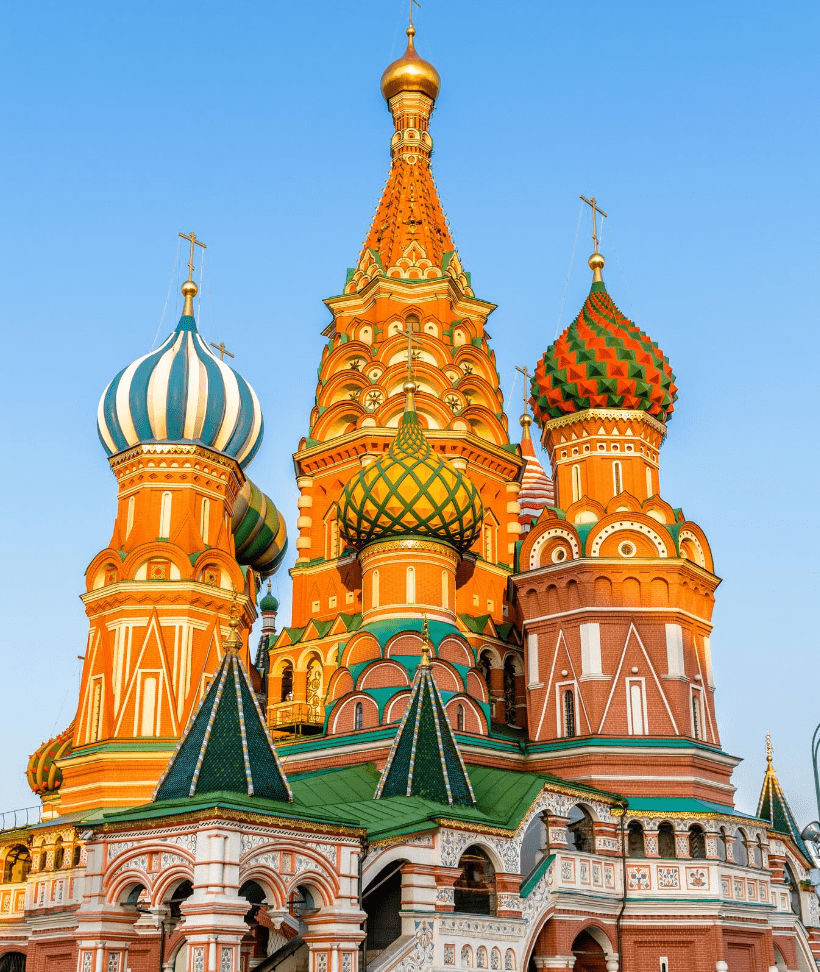
Ivan the Terrible | Иван IV (Грозный)

Western countries heavily boycotted this 1980 event in Moscow.
The 1980 Summer Olympics | Летние олимпийские игры 1980-го года
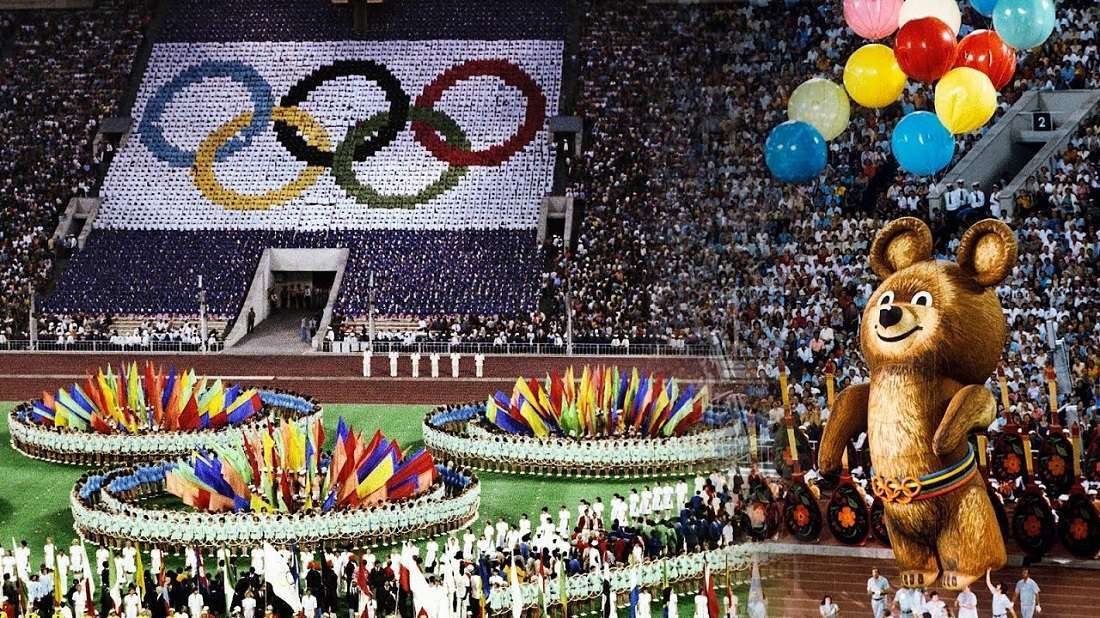
The Russian parliament is known as…
The State Duma | Государственная дума / Госдума

In 1933, Ivan Bunin became the first Russian writer to win this international award.
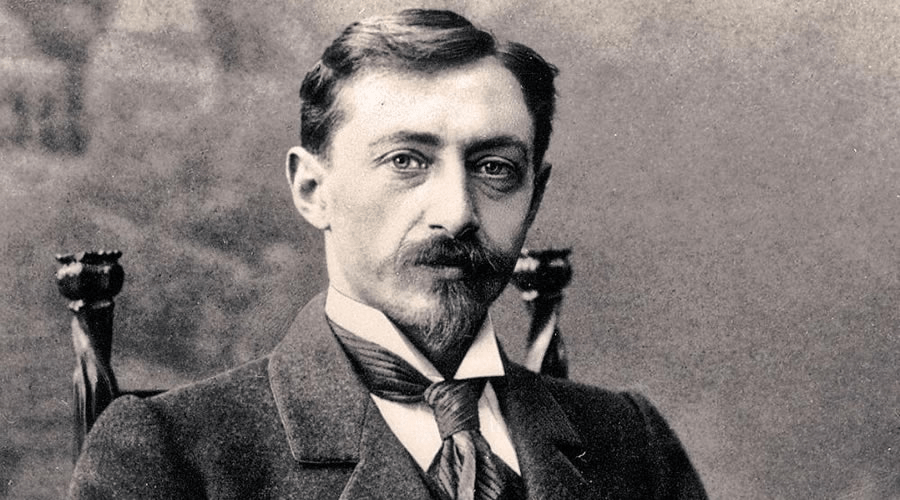
the Nobel Prize in Literature | Нобелевская премия по литературе
This rock musician and frontman of the band Kino became a cult figure in the late 1980s USSR.

Viktor Tsoi | Виктор Цой
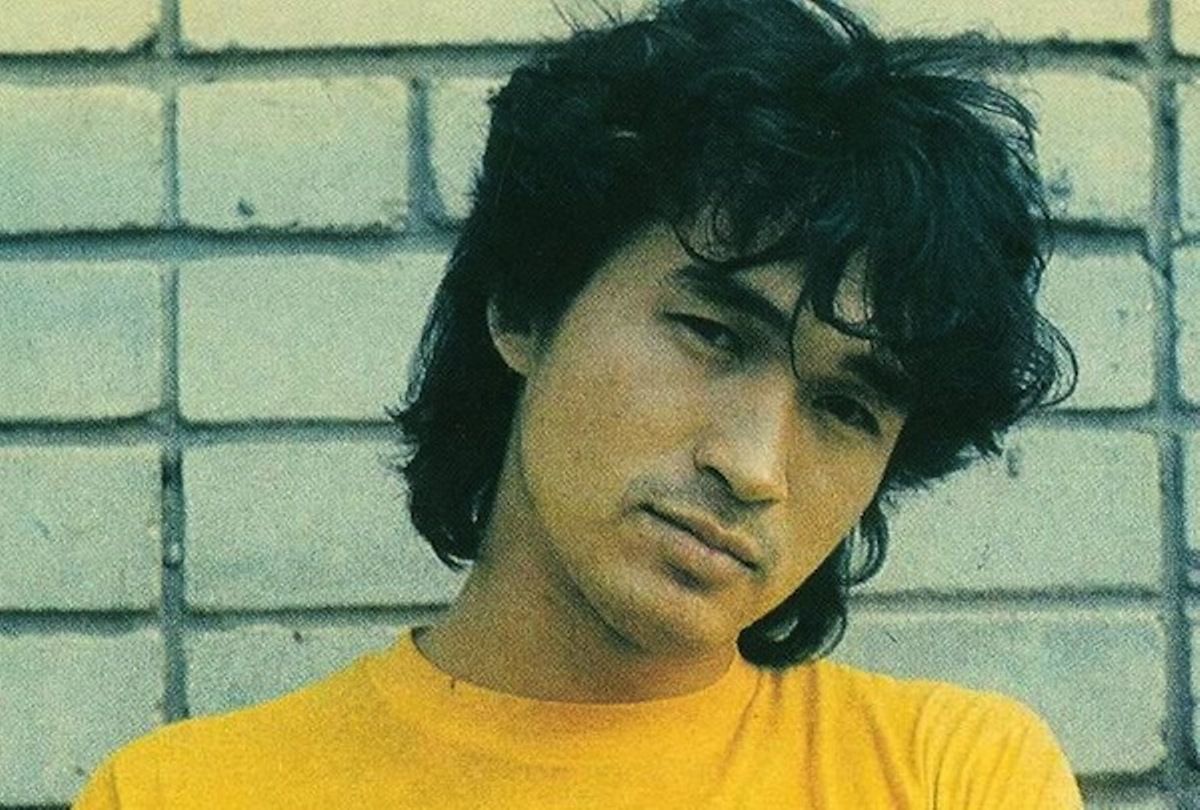
The Soviet director of Battleship Potemkin ("Броненосец Потёмкин") (1925) and a pioneer of montage.
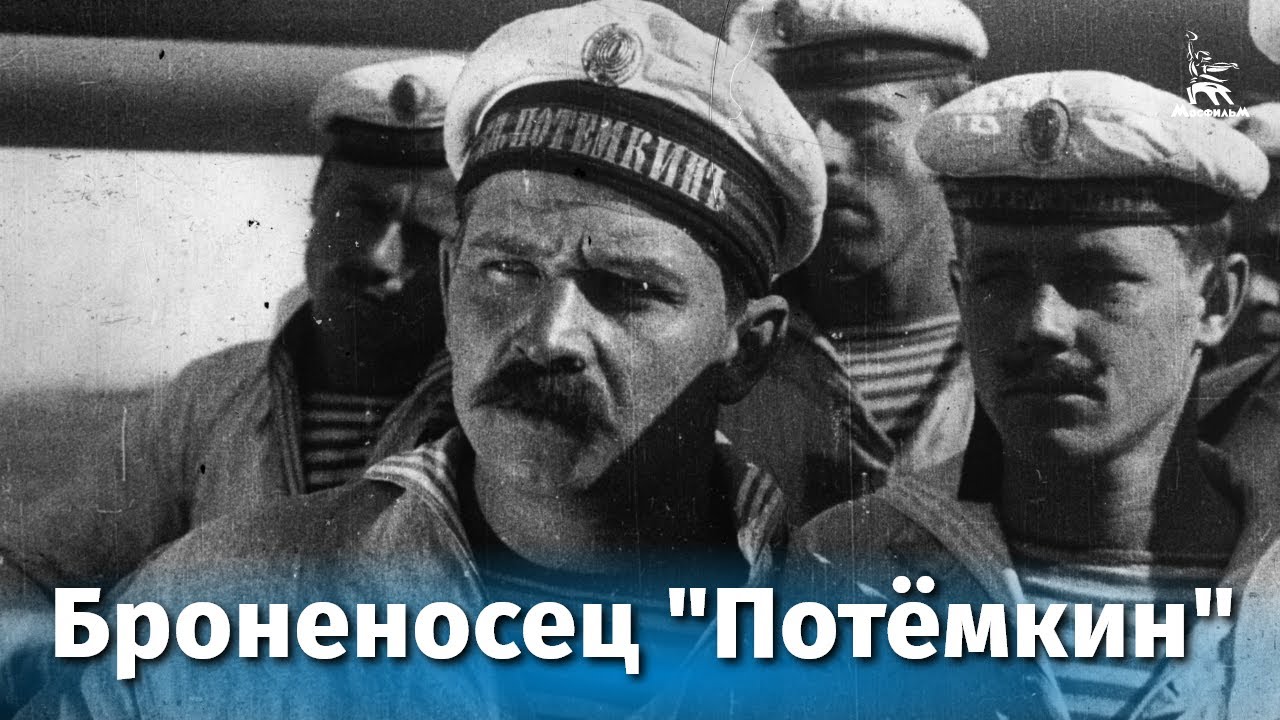
Sergei Eisenstein | Сергей Эйзенштейн

Russians eat blini during this holiday as a symbol of the sun and the coming of spring.
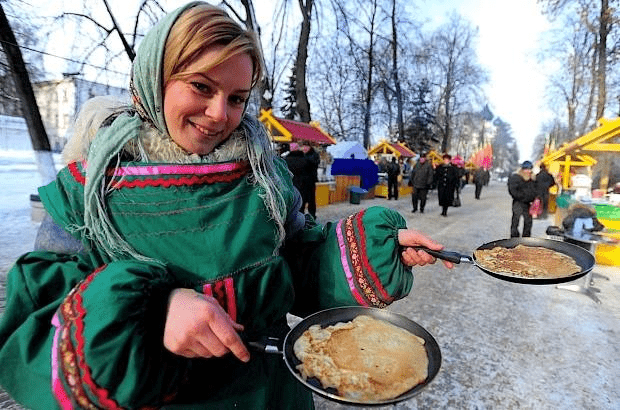
Maslenitsa | Масленица
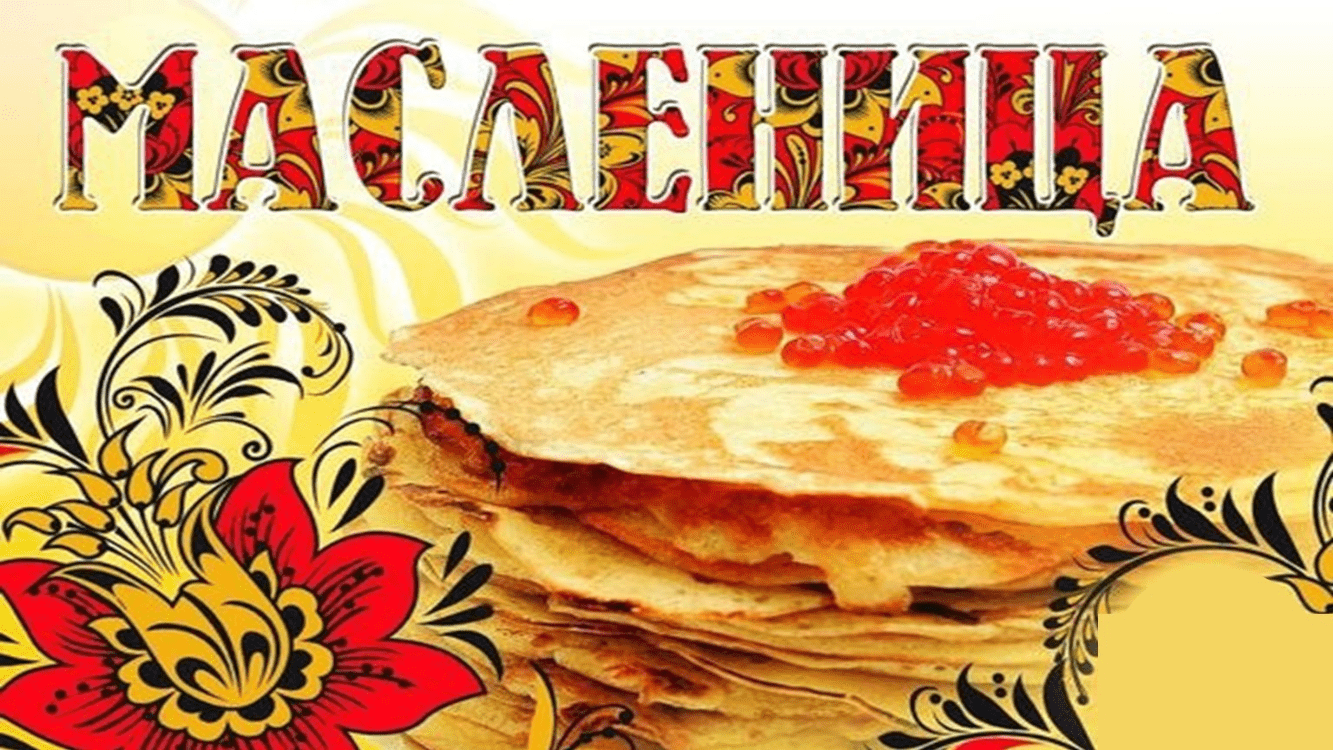
This Black Sea resort city hosted the 2014 Winter Olympics and is famous for its beaches and subtropical climate.
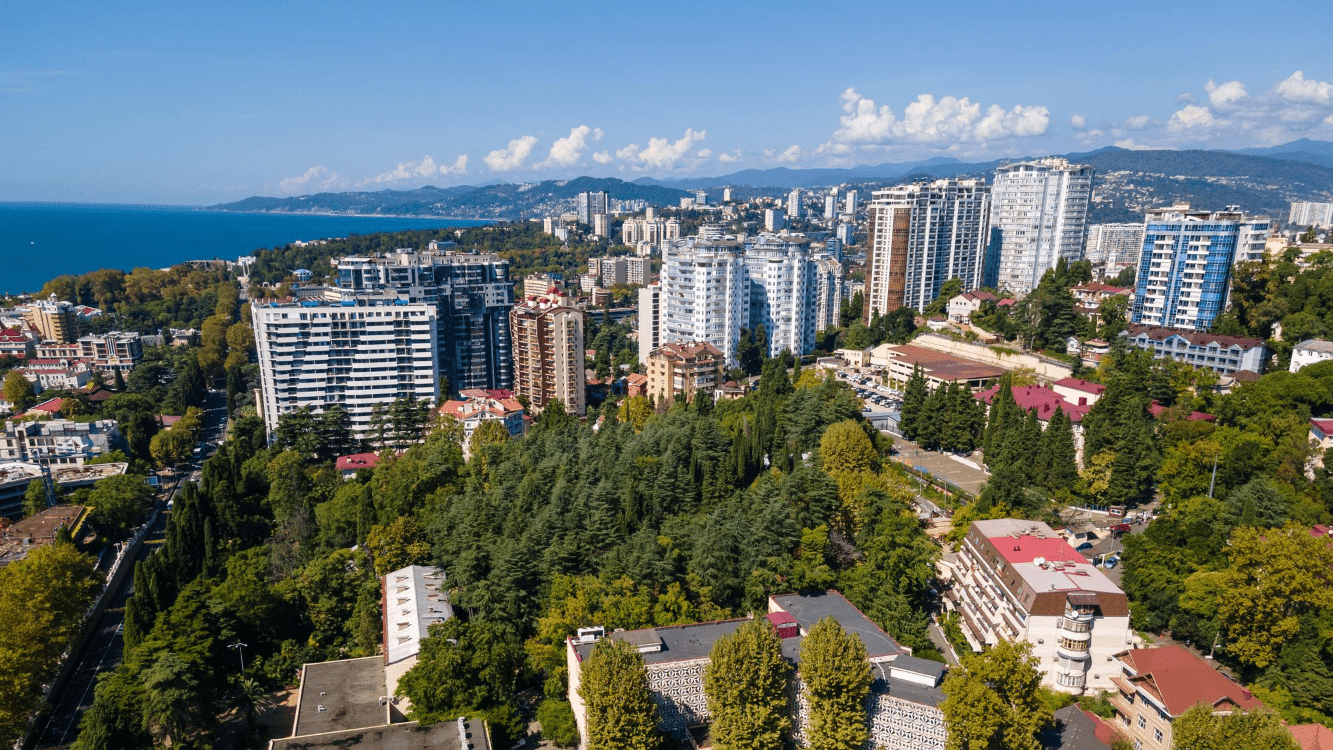
Sochi | Сочи
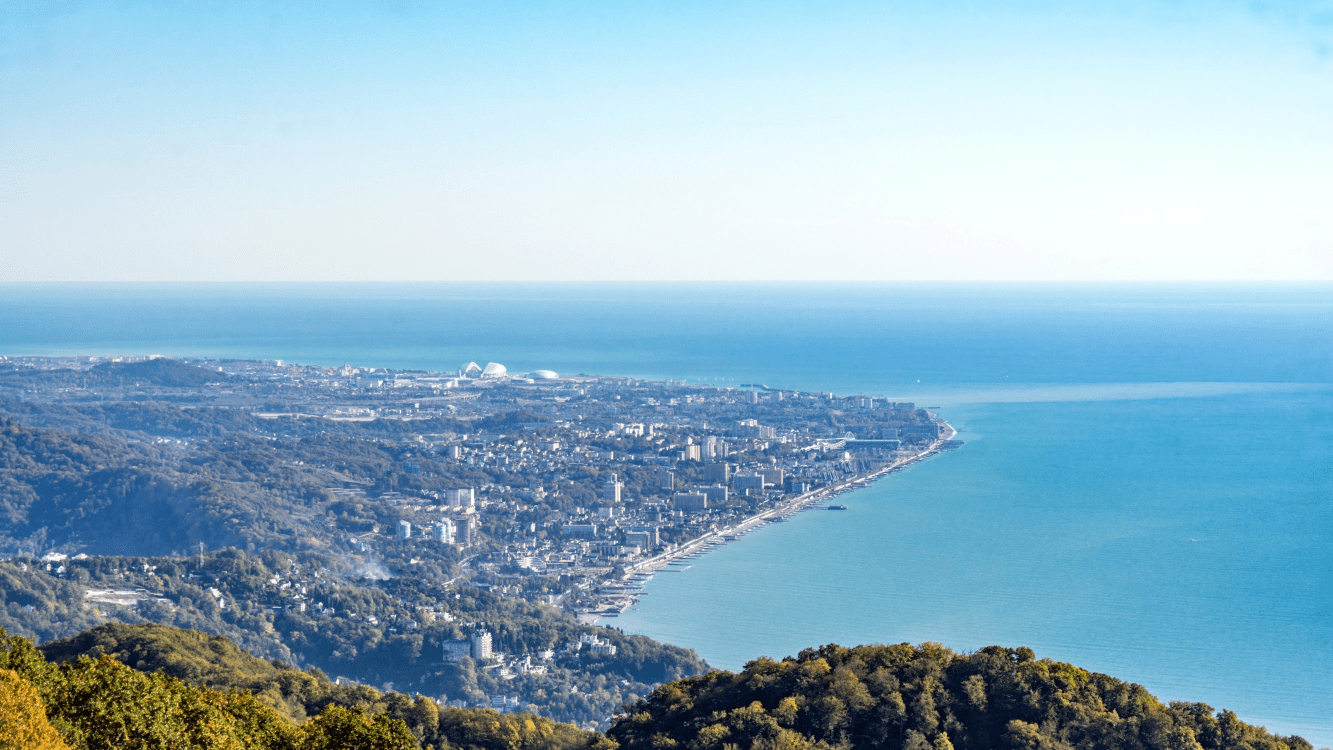
This mountain range is considered the natural boundary between Europe and Asia.
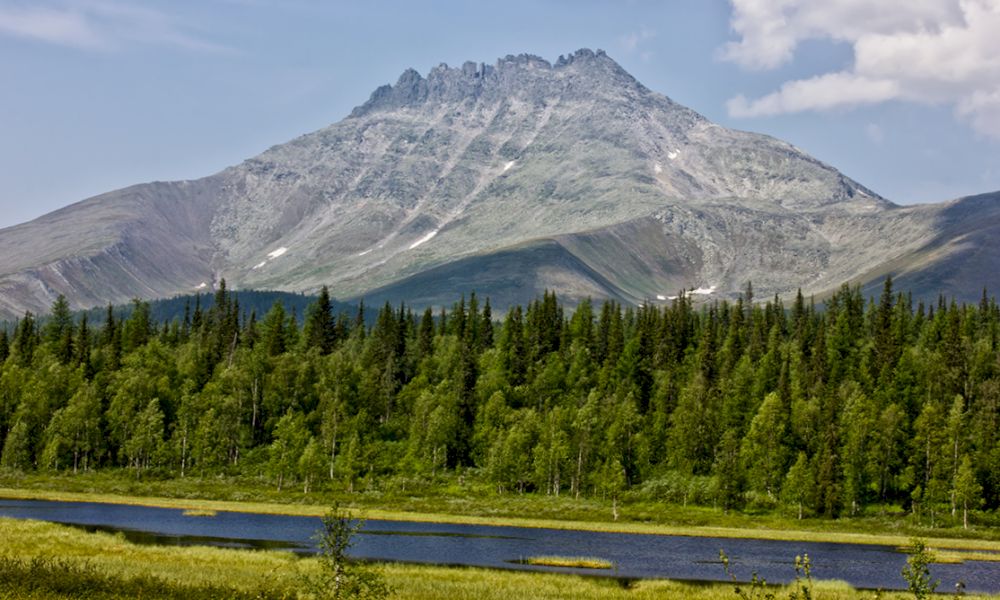
The Urals | Уральские горы

This Russian emperor faced widespread unrest, the creation of a parliament, and events that ended his family’s centuries-long rule.
Nickolas II | Николай II (Второй)
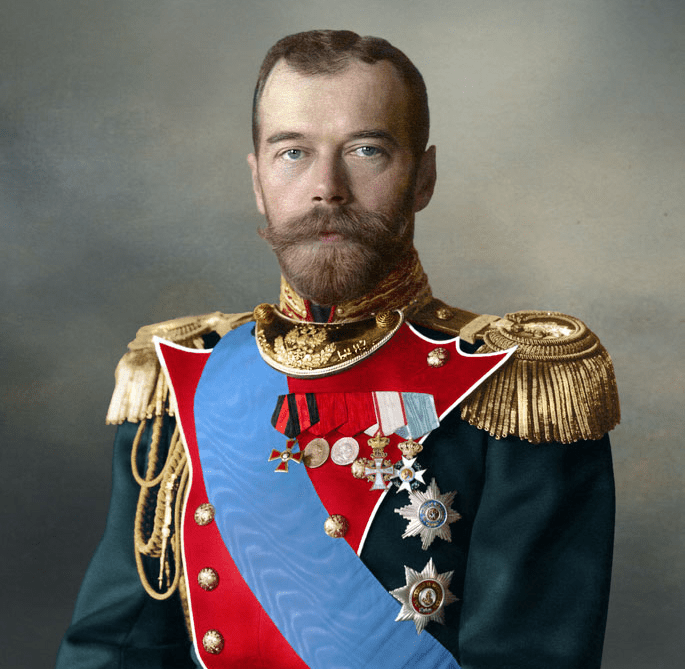
This decades-long geopolitical rivalry between the U.S. and the Soviet Union shaped global politics after World War II.
the Cold War | Холодная война
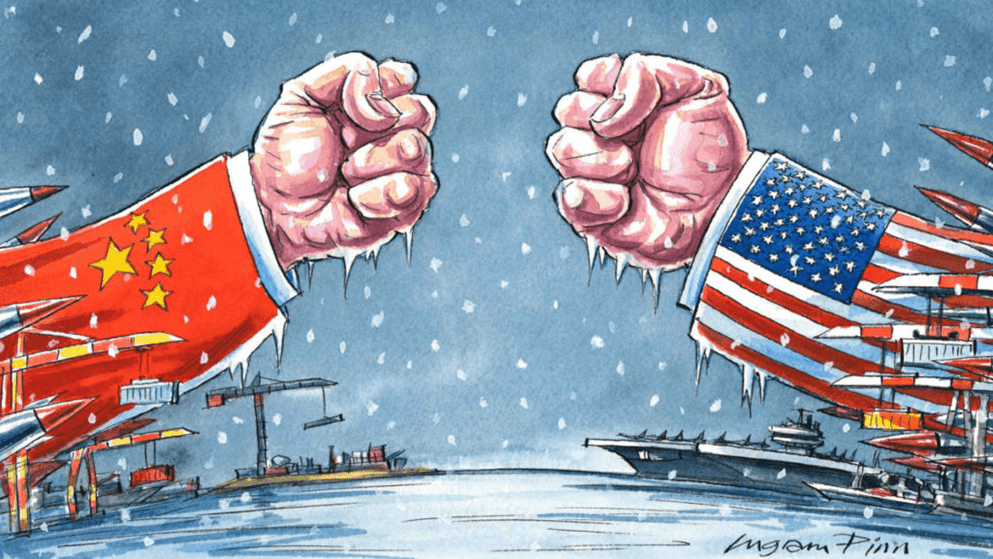
Boris Yeltsin banned this political party in 1991 after the collapse of the coup.
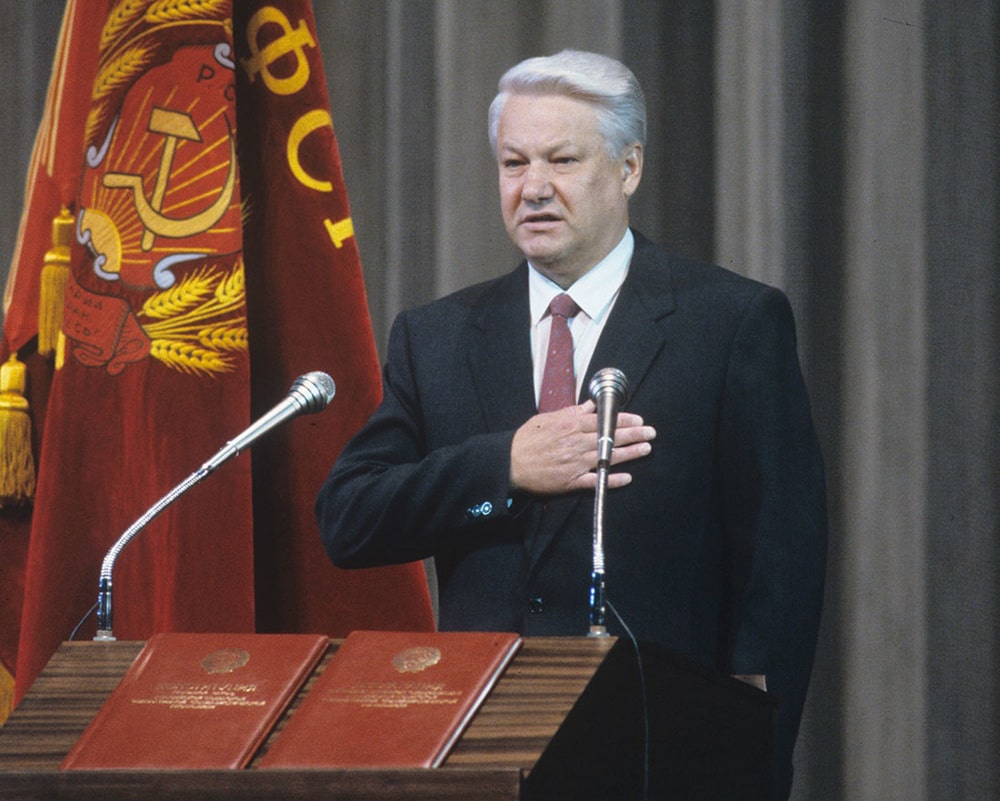
the Communist Party of the Soviet Union |Коммунистическая партия Советского Союза
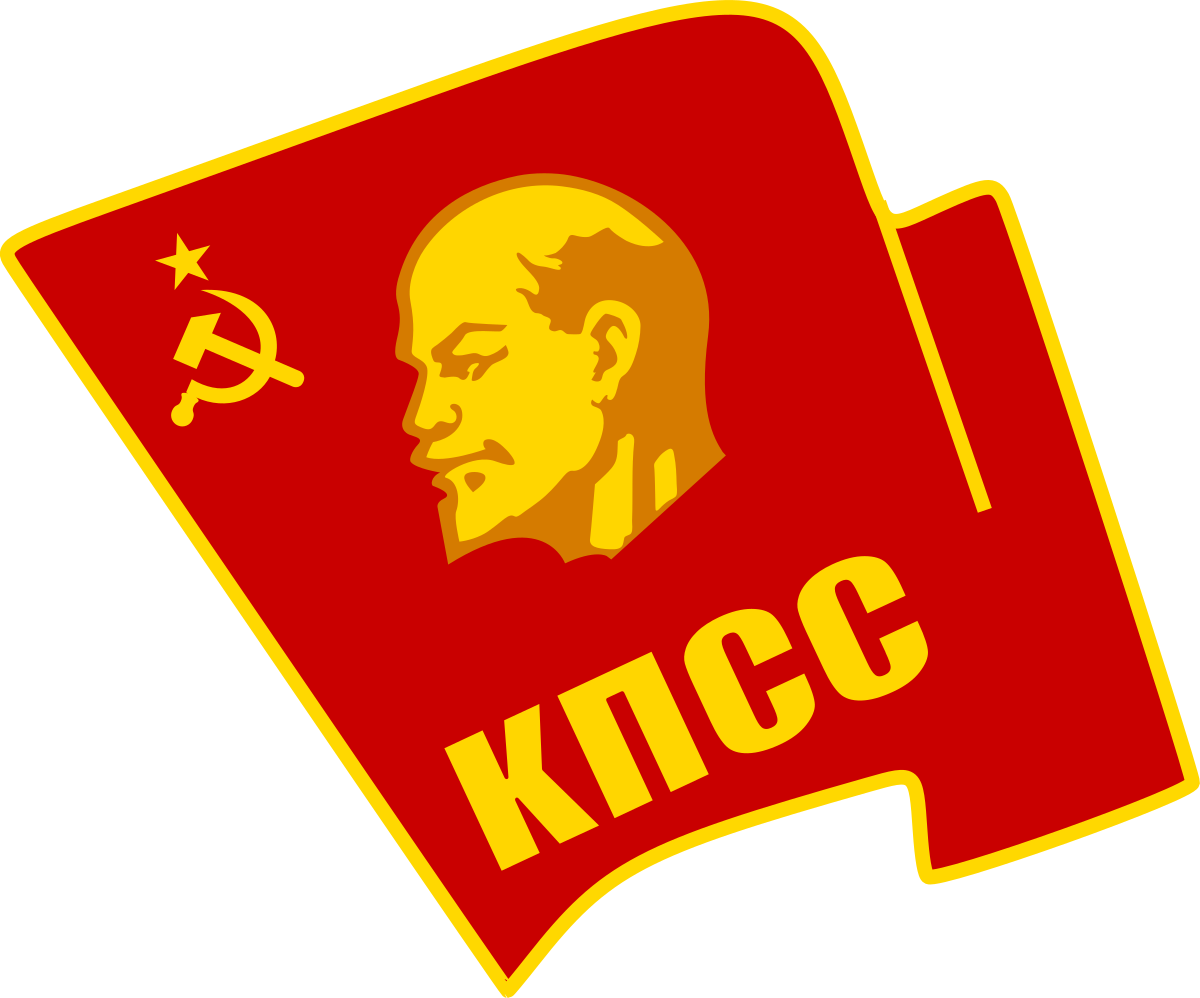
In his historical novel, this Russian author explored life during the Napoleonic era.
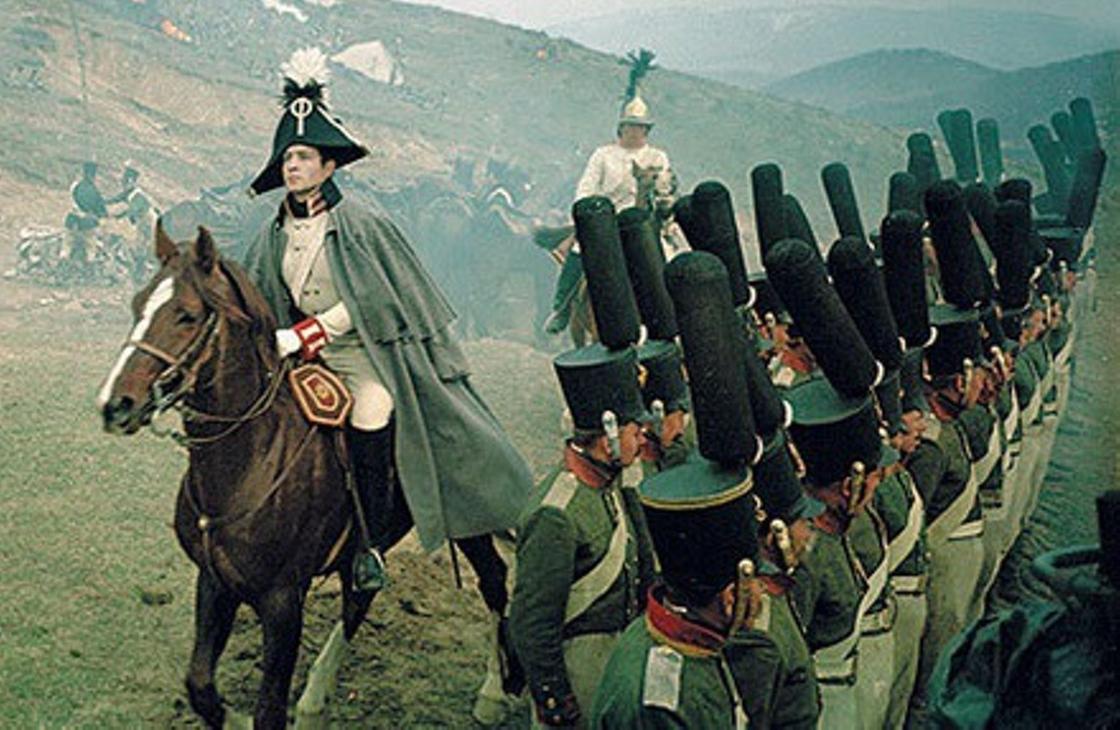
Leo Tolstoy | Лев Толстой
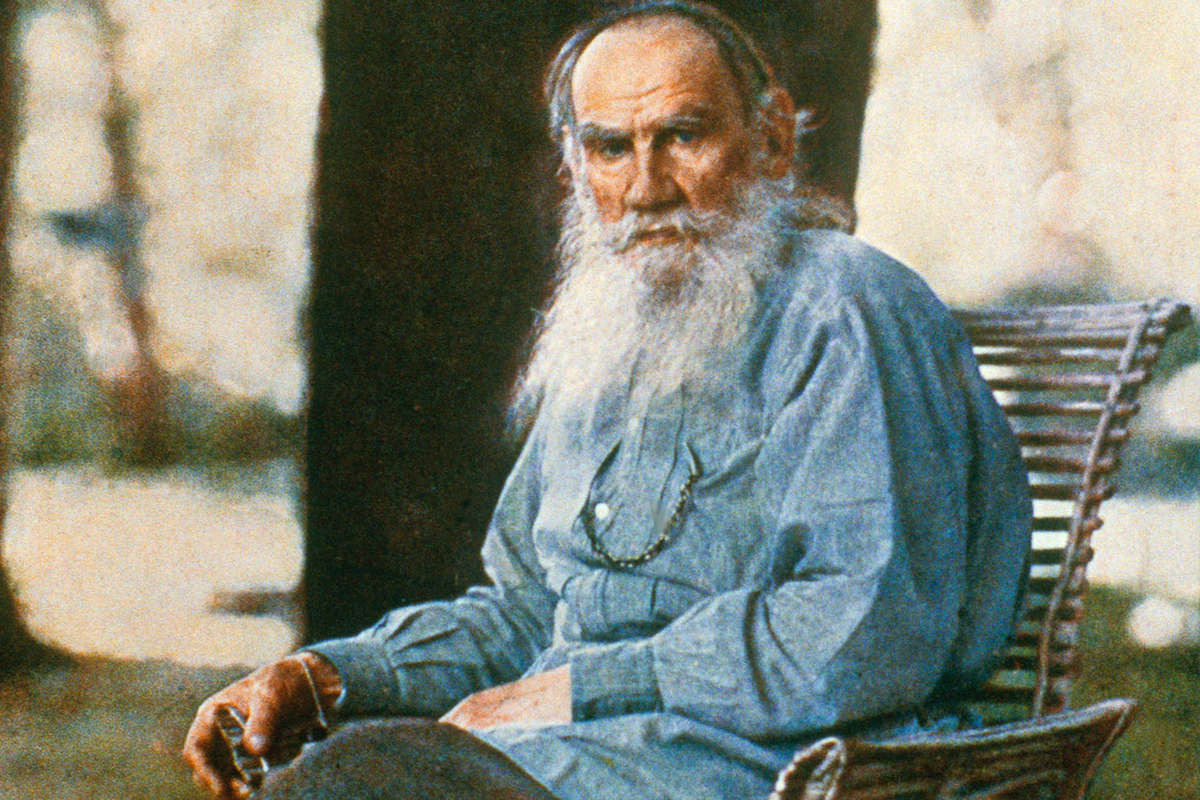
This avant-garde composer created the ballet The Firebird ("Жар-птица") and influenced Russian classical music in the early 20th century.

Igor Stravinsky | Игорь Стравинский

A 1966 Tarkovsky film about a medieval Russian icon painter, exploring faith, art, and violence.
Andrei Rublev / Андрей Рублёв
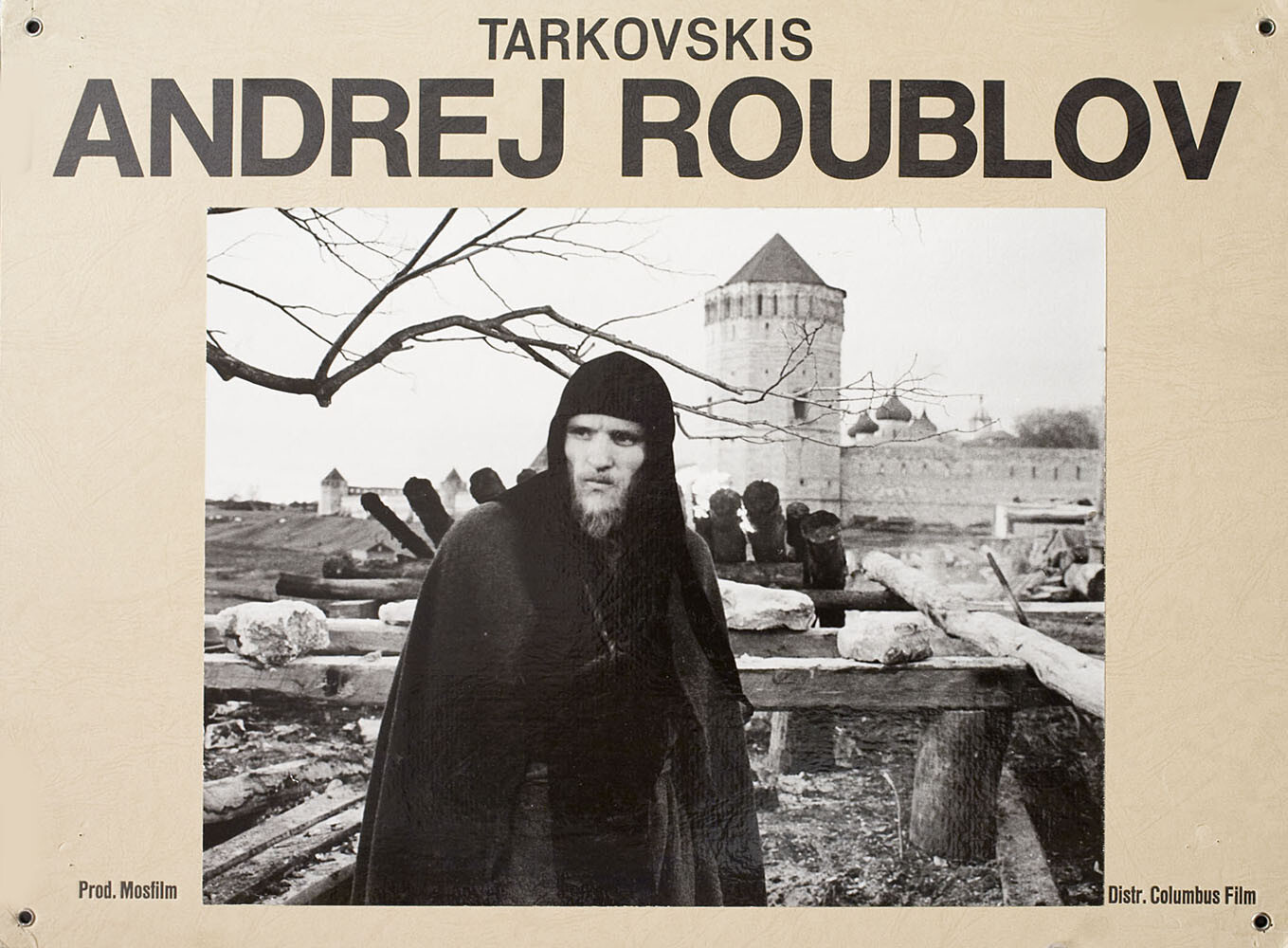
During New Year celebrations, children traditionally receive gifts from this fictional character.
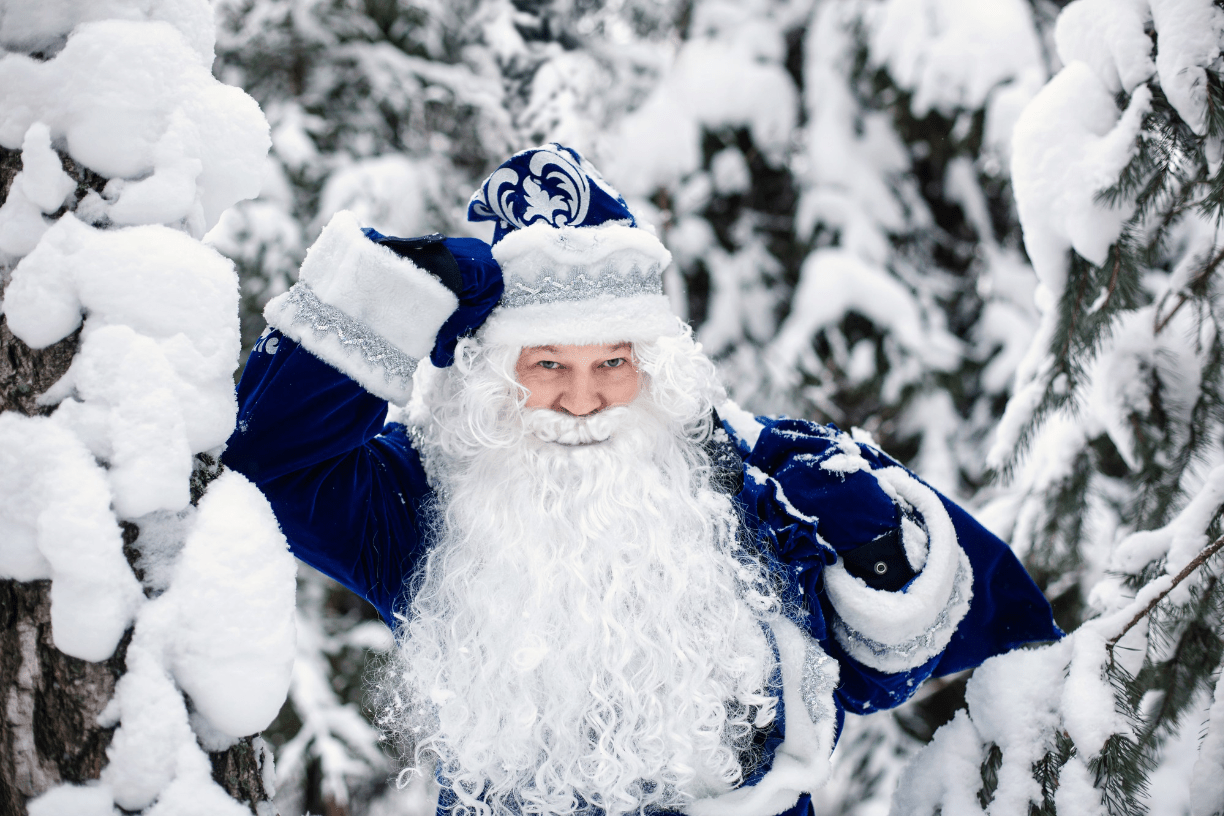
Ded Moroz / Grandfather Frost | Дед Мороз
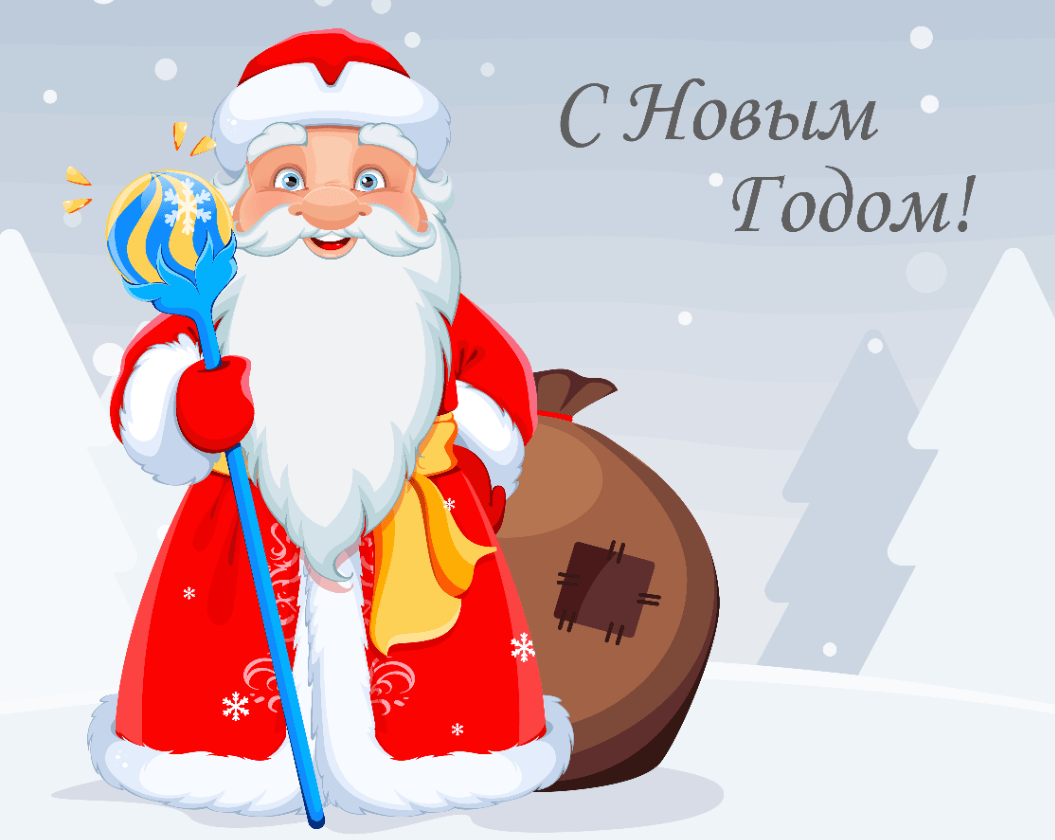
This city, the capital of Tatarstan, is known for its Kremlin, where Orthodox and Islamic architecture coexist, and for being a major cultural and industrial center in Russia.
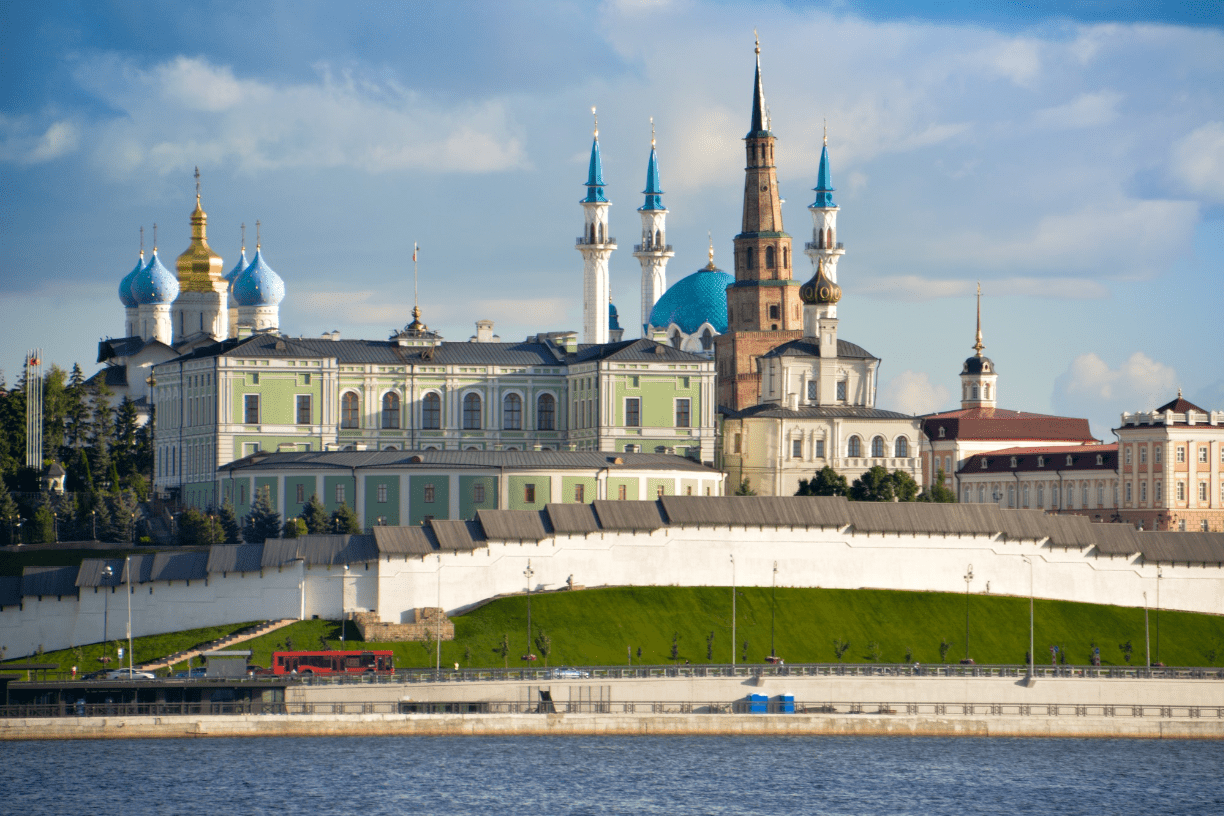
Kazan| Казань
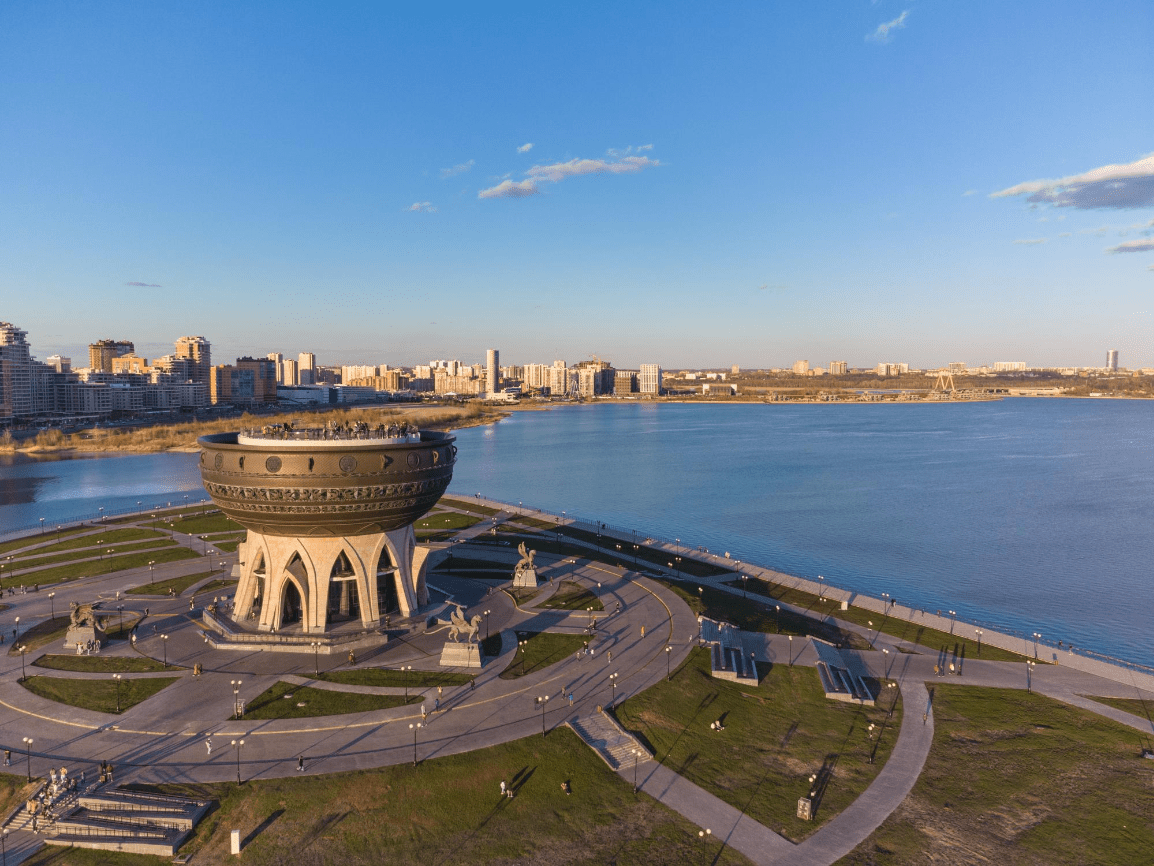
Passengers traveling this railway can cross 8 time zones and see Lake Baikal along the route.
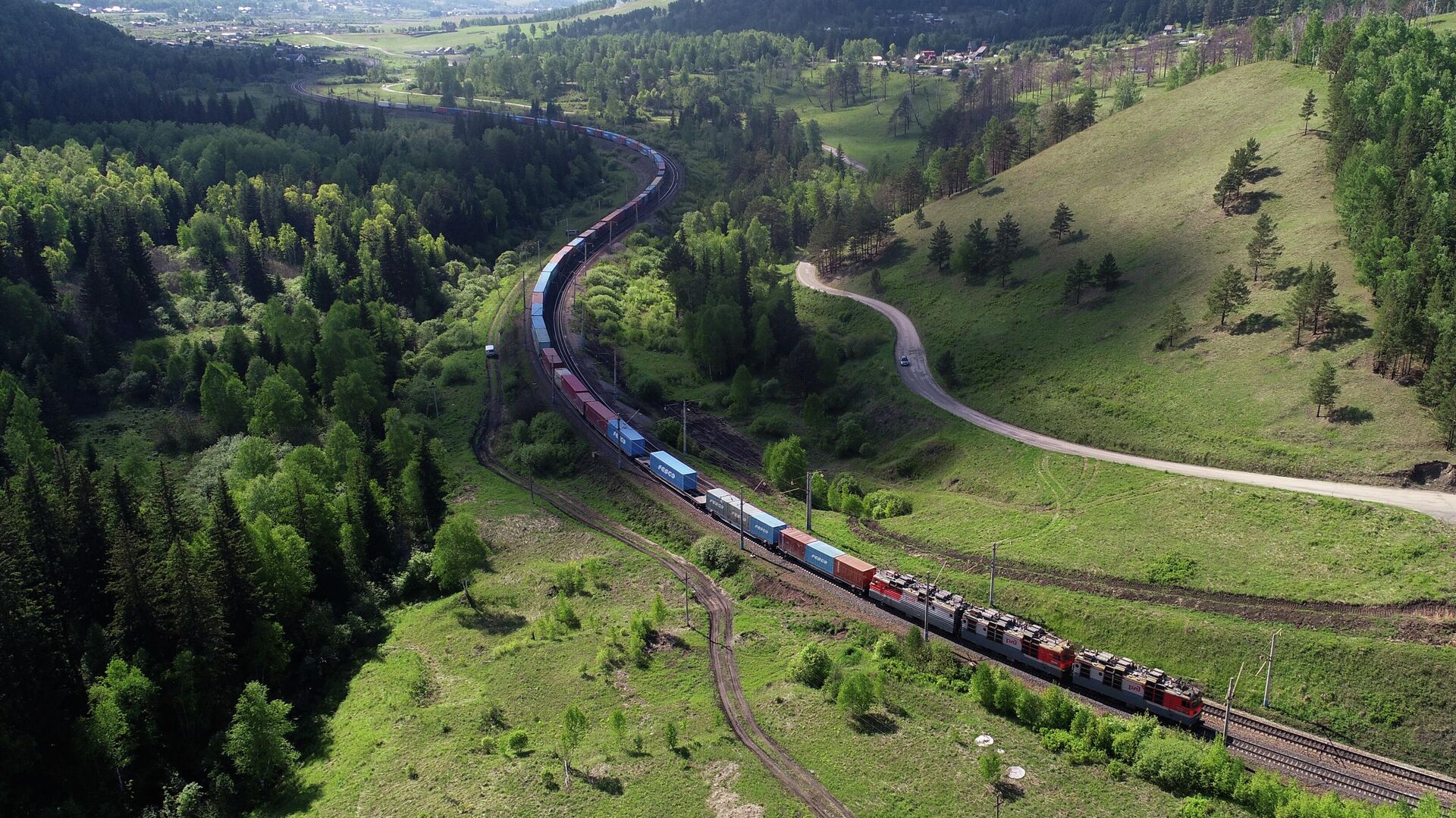
the Trans-Siberian Railway | Транс-сибирская магистраль
This German-born ruler became Empress of Russia in the 18th century and is famous for expanding the empire and supporting the arts.
Catherine the Great | Екатерина II (Вторая)

Winston Churchill coined this term in 1946 to describe the political and ideological barrier dividing Eastern and Western Europe.
the Iron Curtain | Железный занавес
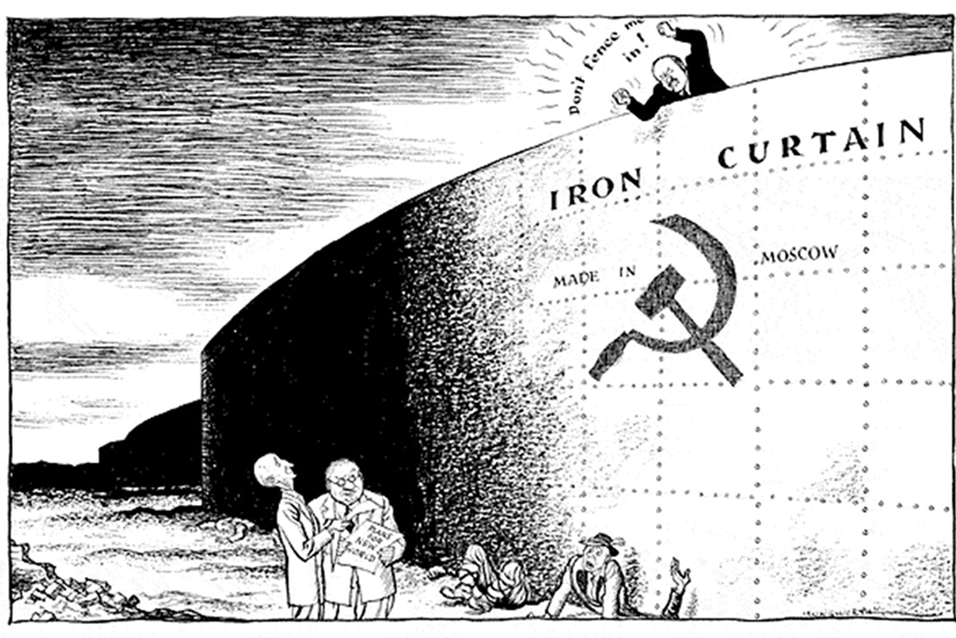
This Soviet leader gave a "Secret Speech" in 1956 denouncing Stalin’s crimes.
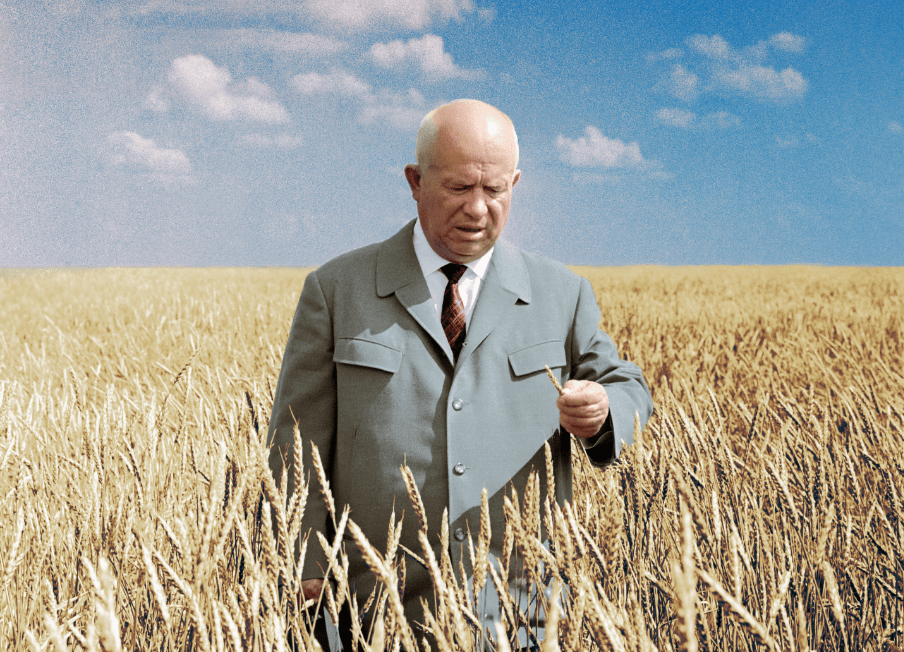
Nikita Khrushchev | Никита Хрущёв
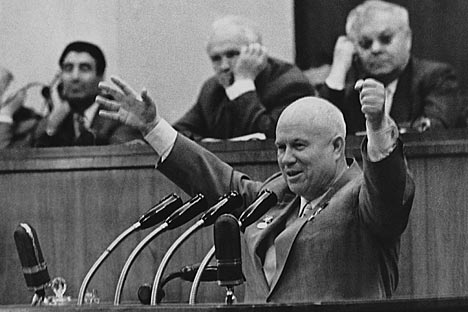
This Russian author, born in 1918, wrote extensively about life in the Soviet Union and the Gulag system.
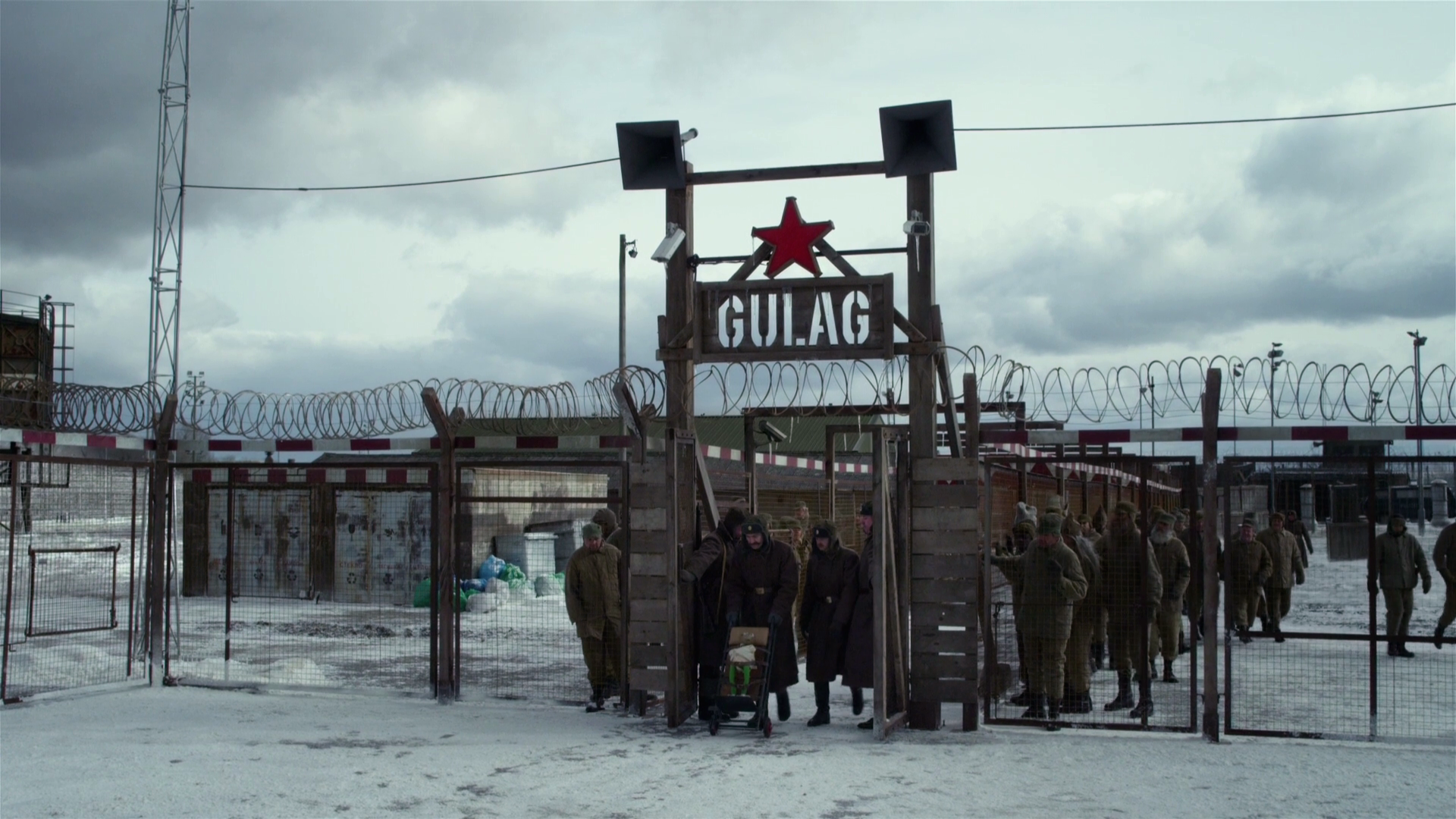
Aleksandr Solzhenitsyn | Александр Солженицын
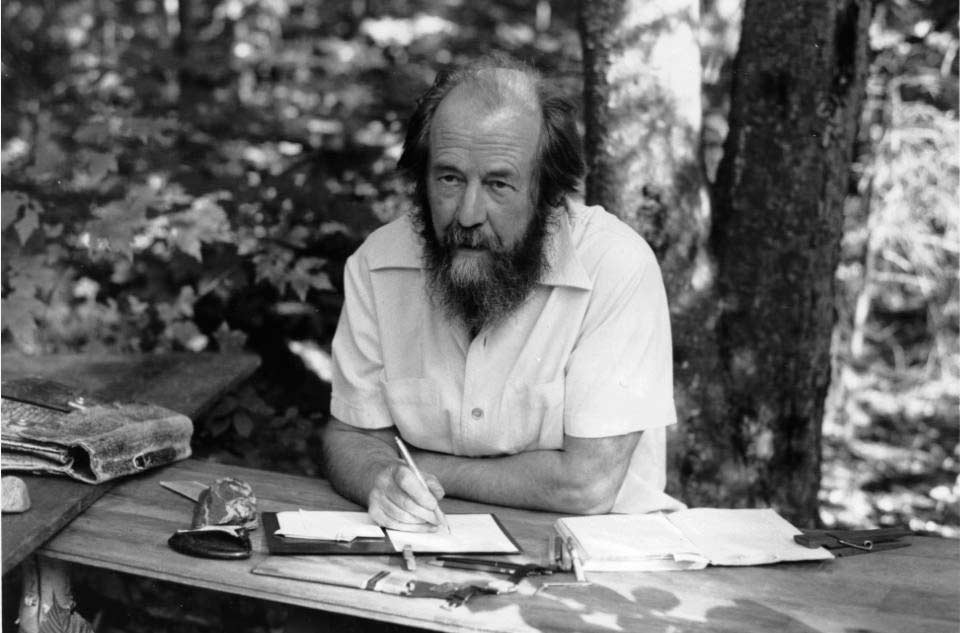
This 20th-century Russian composer wrote Peter and the Wolf ("Петя и волк") and became famous for his colorful orchestration and contributions to children’s music.
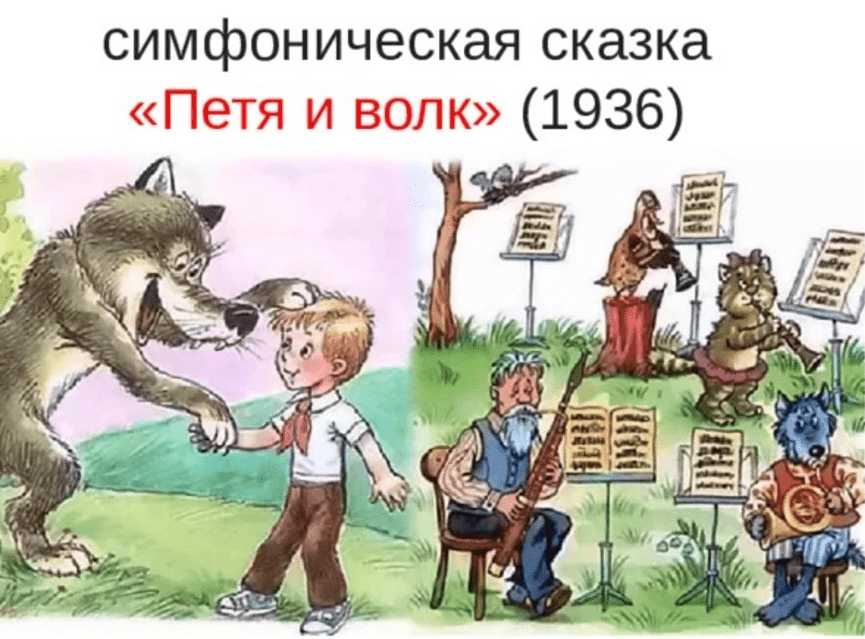
Prokofiev — Peter and the Wolf | Сергей Прокофьев — "Петя и волк"
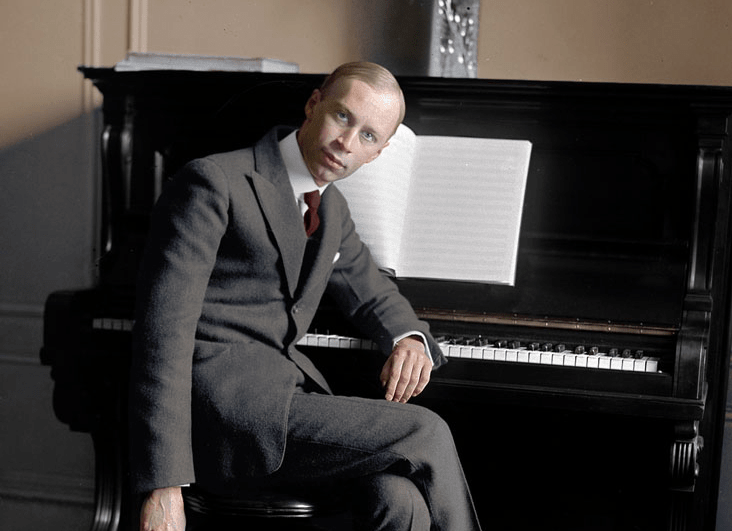
This director was famous for long takes and philosophical slow pacing, exemplified in films like Stalker ("Сталкер") and Mirror ("Зеркало").

Andrei Tarkovsky | Андрей Тарковский
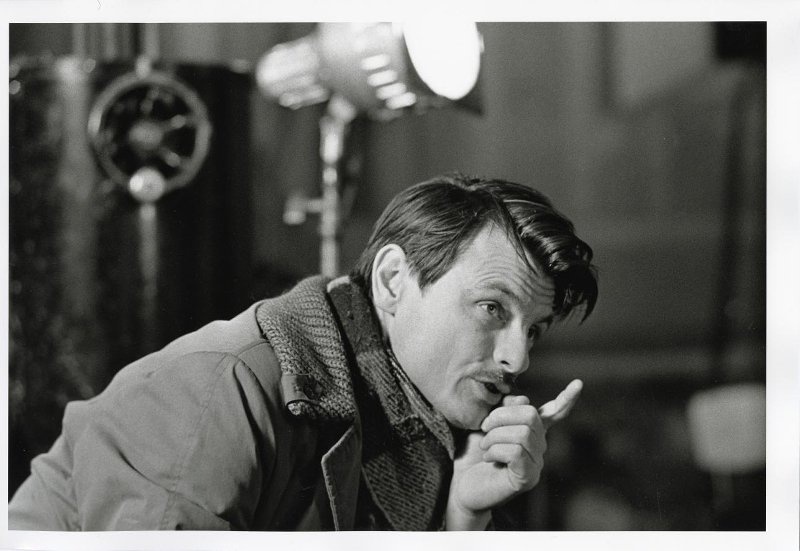
On this day, Russians honor veterans, hold military parades, and remember the sacrifices made during the Great Patriotic War.
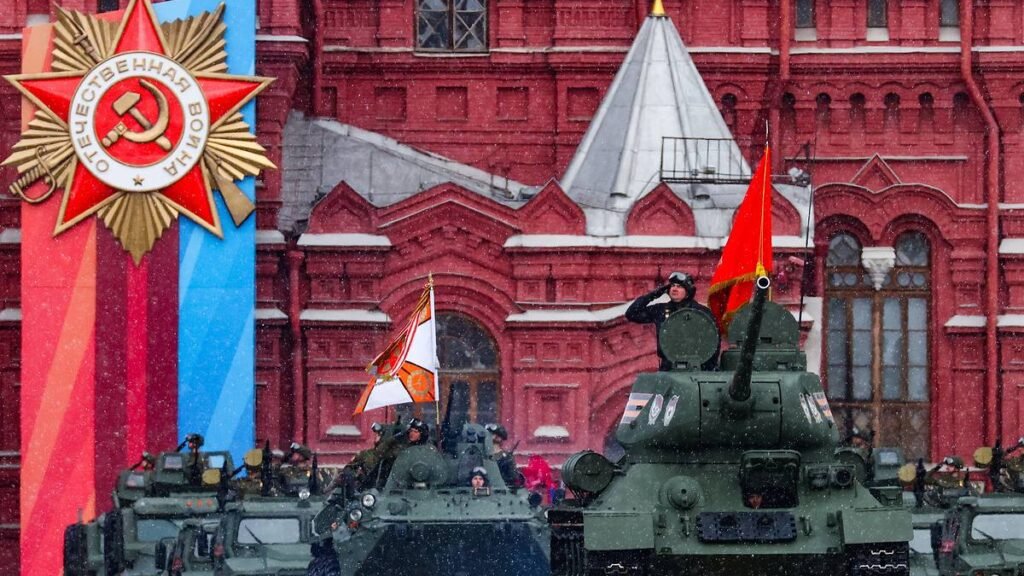
Victory Day | День Победы
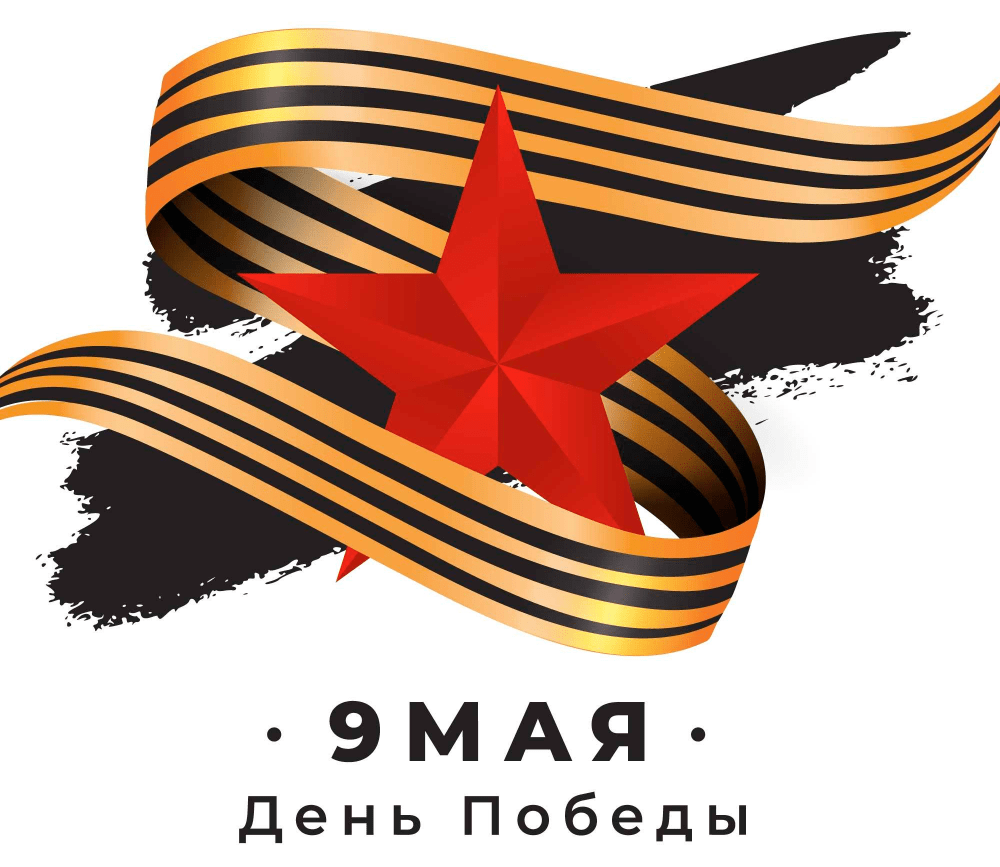
This city is the northernmost Russian city with a permanent population above 100,000 and is known for its Arctic port.
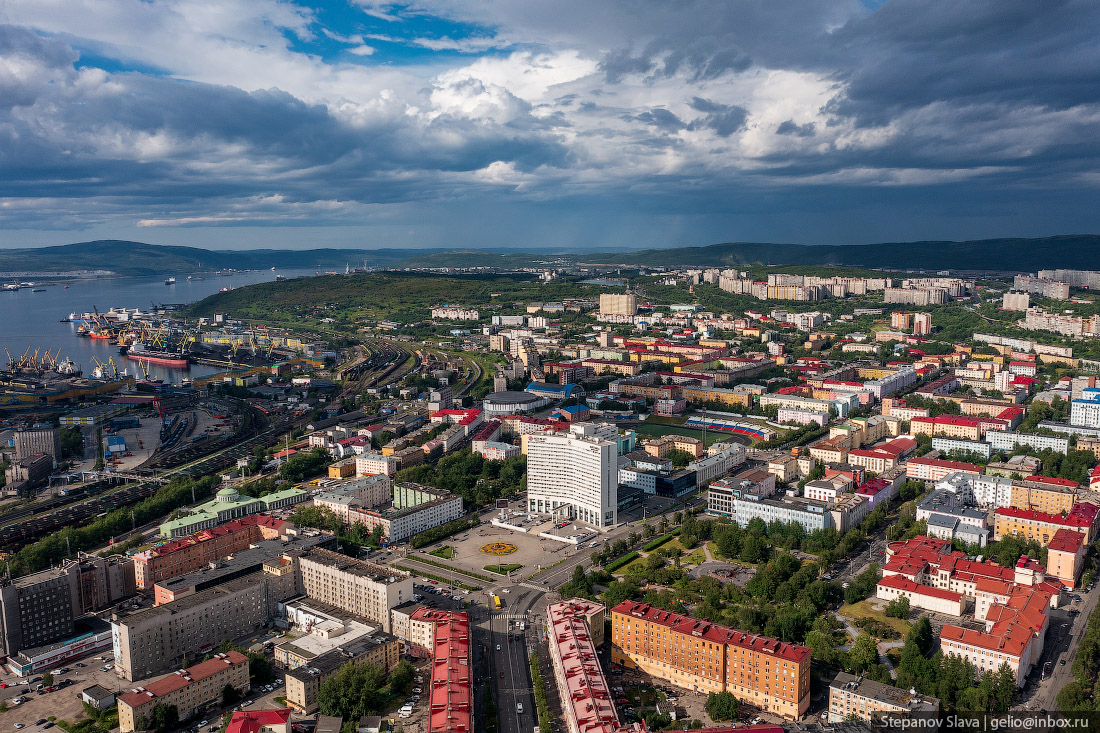
Murmansk | Мурманск
This lake in Siberia is the deepest freshwater lake in the world.
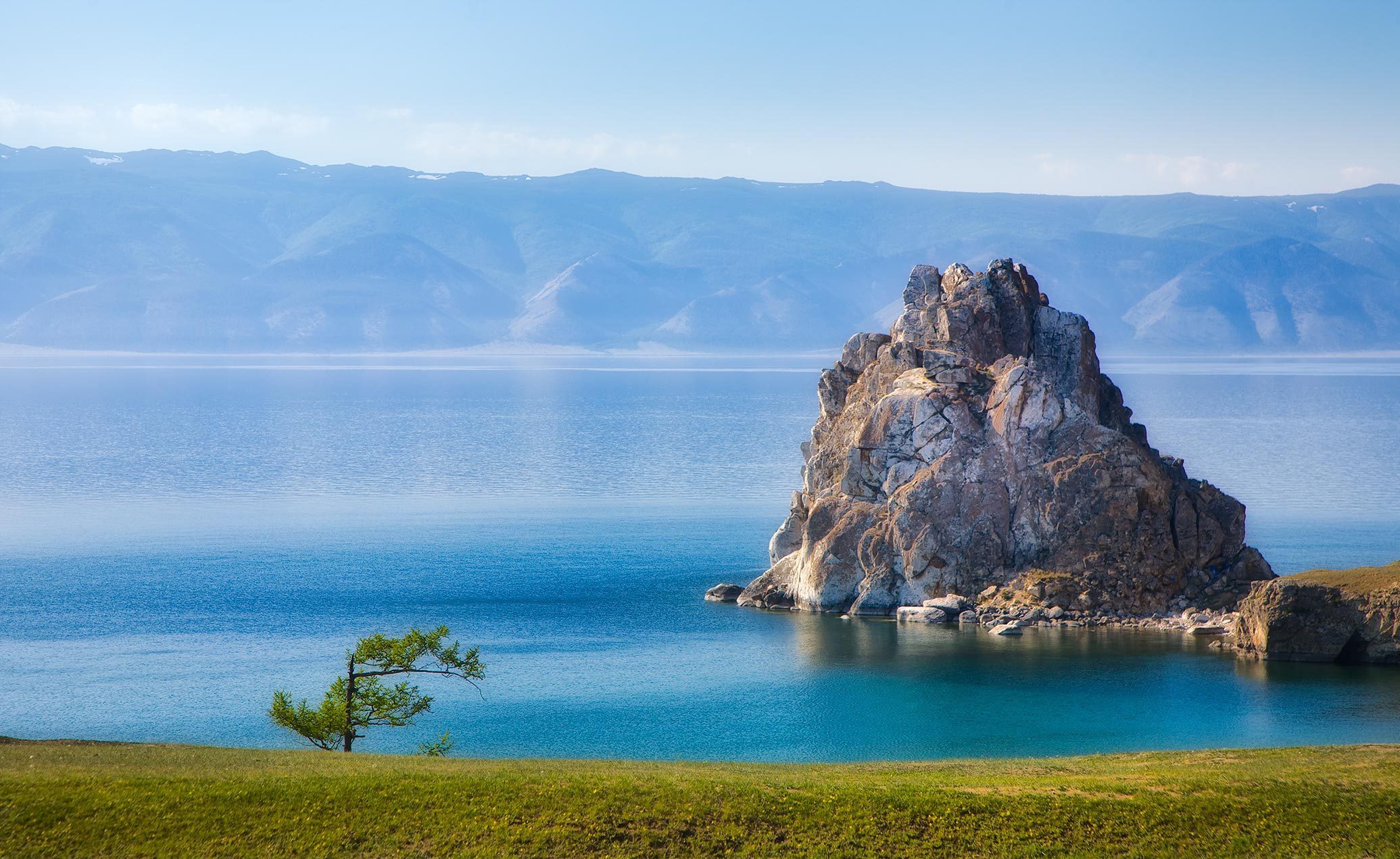
Lake Baikal | озеро Байкал

In the 18th century, Peter the Great introduced this unusual "tax" to encourage Western fashion among men.
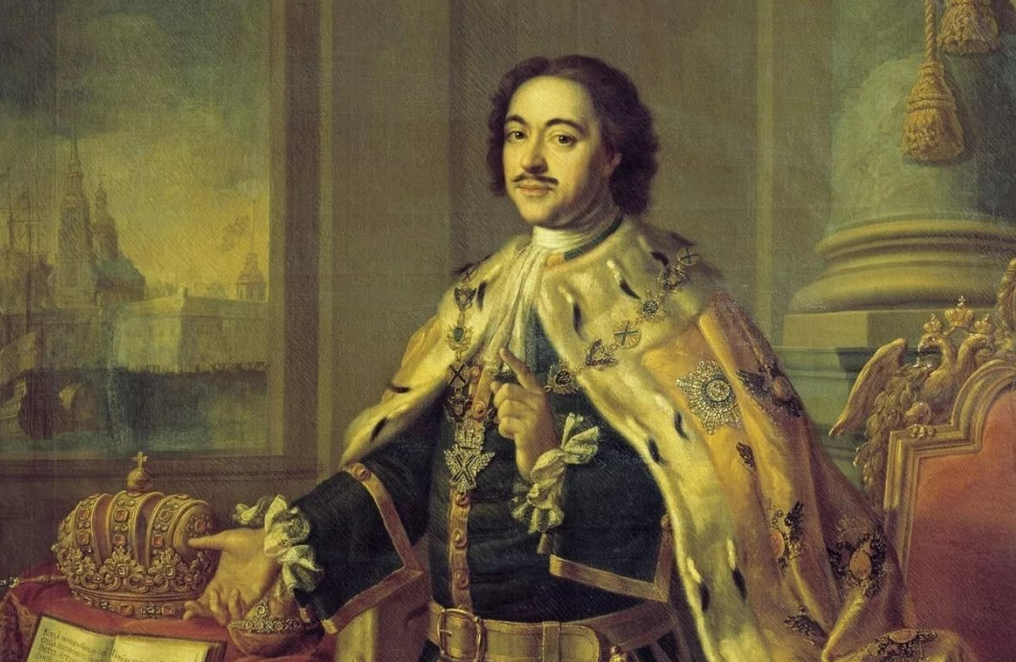
The Beard Tax | Налог на бороду
This reform of Peter the Great forced Russian nobles to shave their beards or pay a tax.
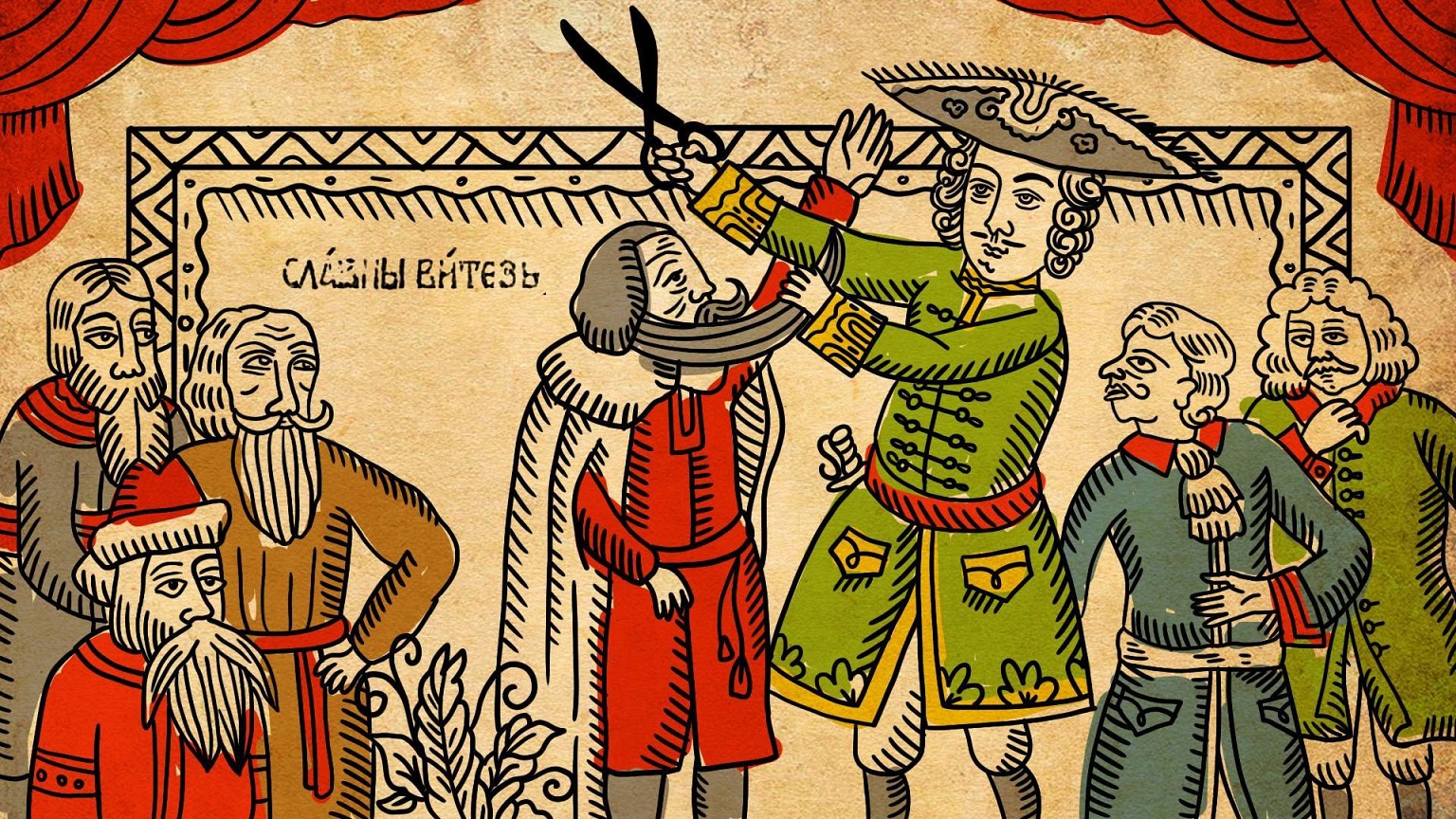
On December 26, 1991, this official act marked the end of the Soviet Union.
The dissolution of the USSR | распад СССР

Gorbachev introduced these two key policies, often translated as "restructuring" and "openness".
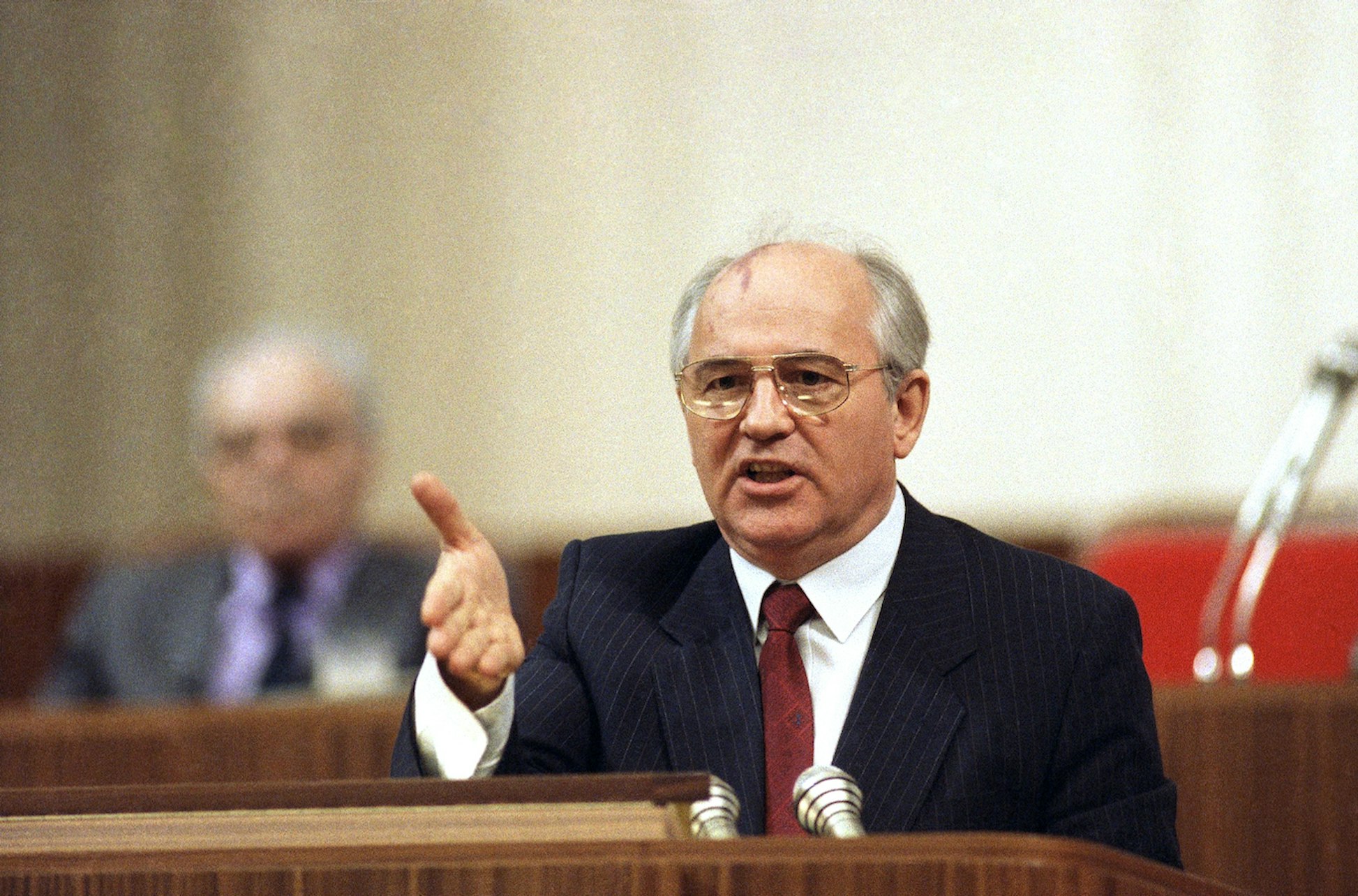
Perestroika and glasnost | перестройка и гласность

This Russian author, born in 1860, is famous for writing short stories and plays.

Anton Chekhov | Антон Чехов

Known as the "Soviet bard", he wrote and performed songs often critical of Soviet life and spread them via homemade tapes.
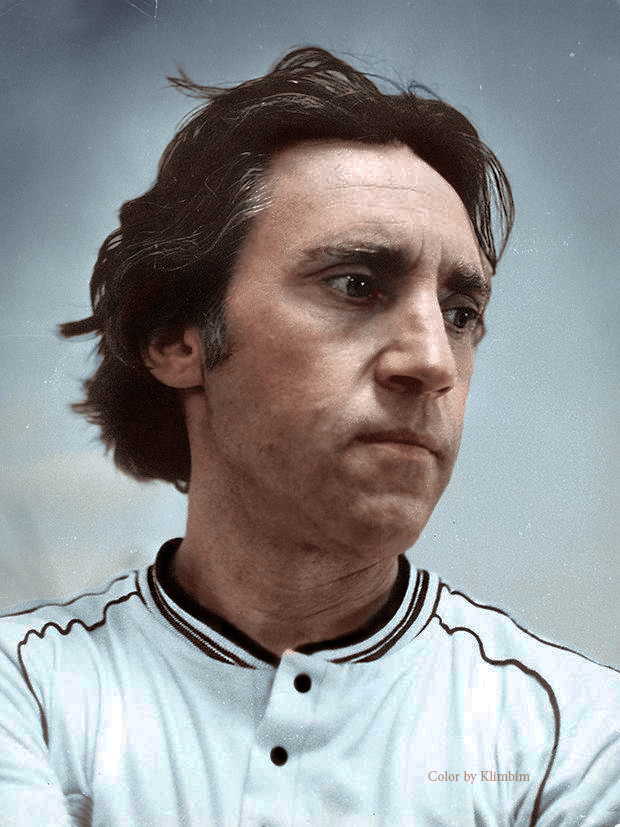
Vladimir Vysotsky | Владимир Высоцкий

This 1987 Leningrad-based film starred Viktor Tsoi (Виктор Цой) and became iconic for its depiction of underground rock music in the late Soviet Union.
Assa | Асса

The Old New Year (Старый новый год) is celebrated on this date according to the modern (Gregorian) calendar.
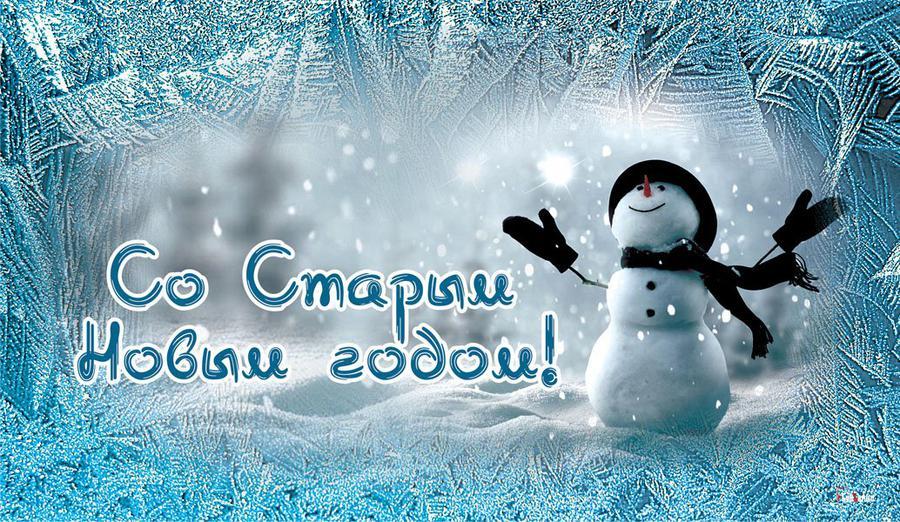
January 14th | 14-го января
This Russian city is the largest port on the Pacific coast and serves as the administrative center of Primorskiy Krai.
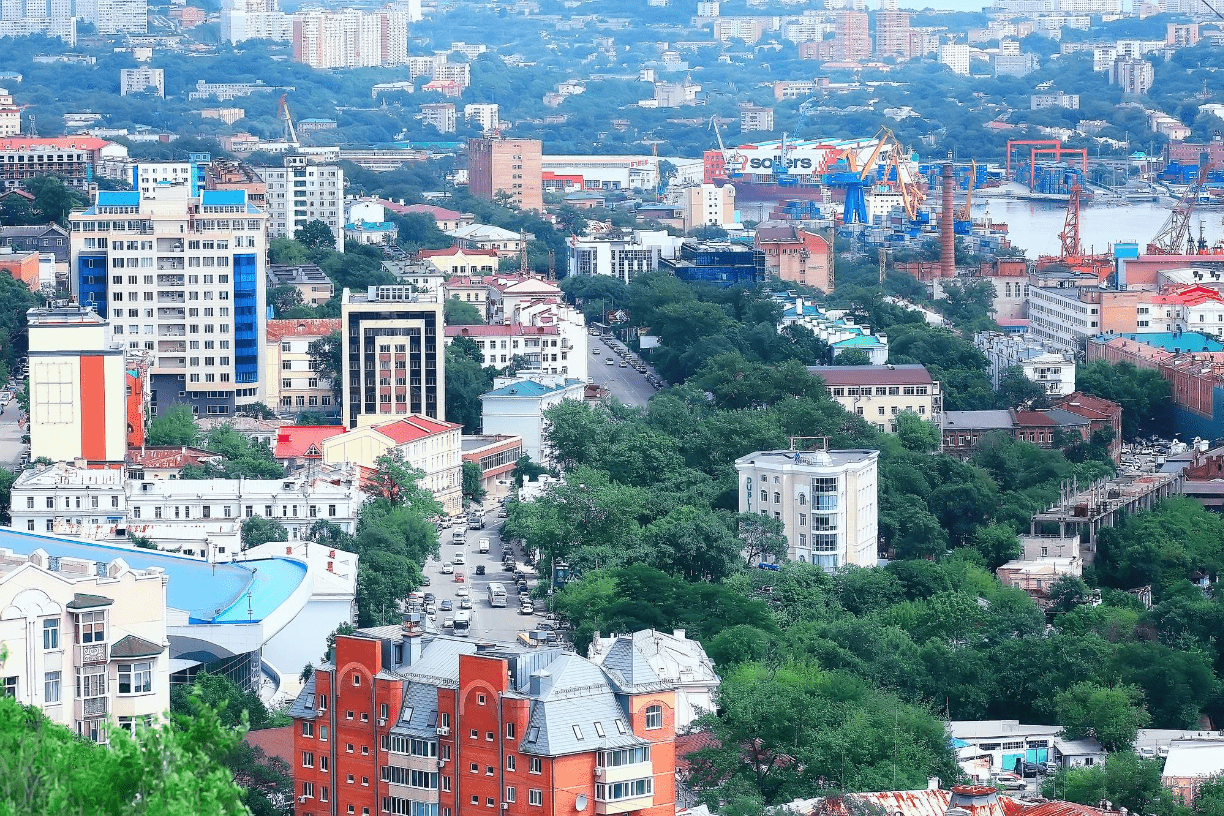
Vladivostok | Владивосток
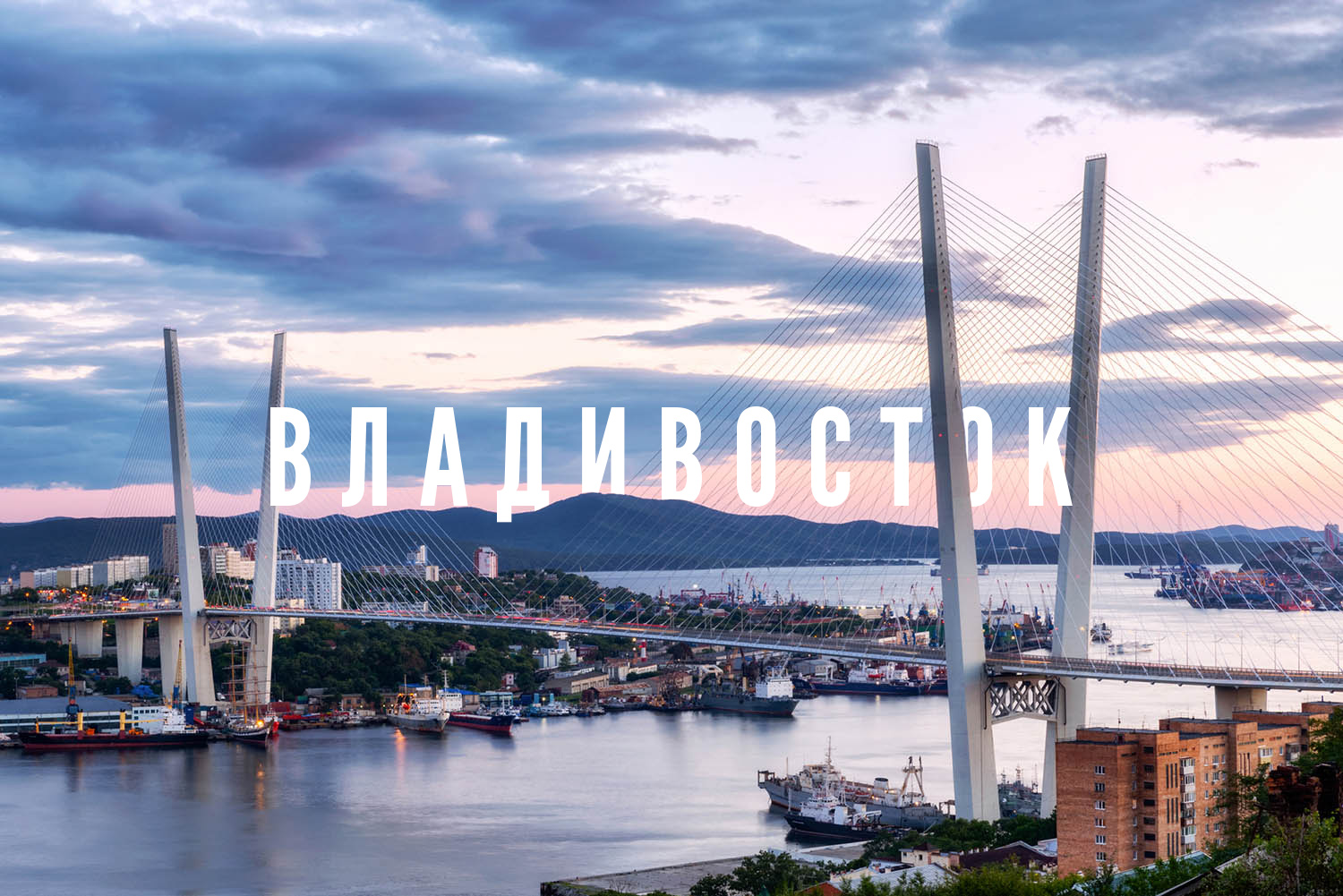
This peninsula in the Russian Far East is known for its active volcanoes and rich wildlife, including brown bears and salmon.
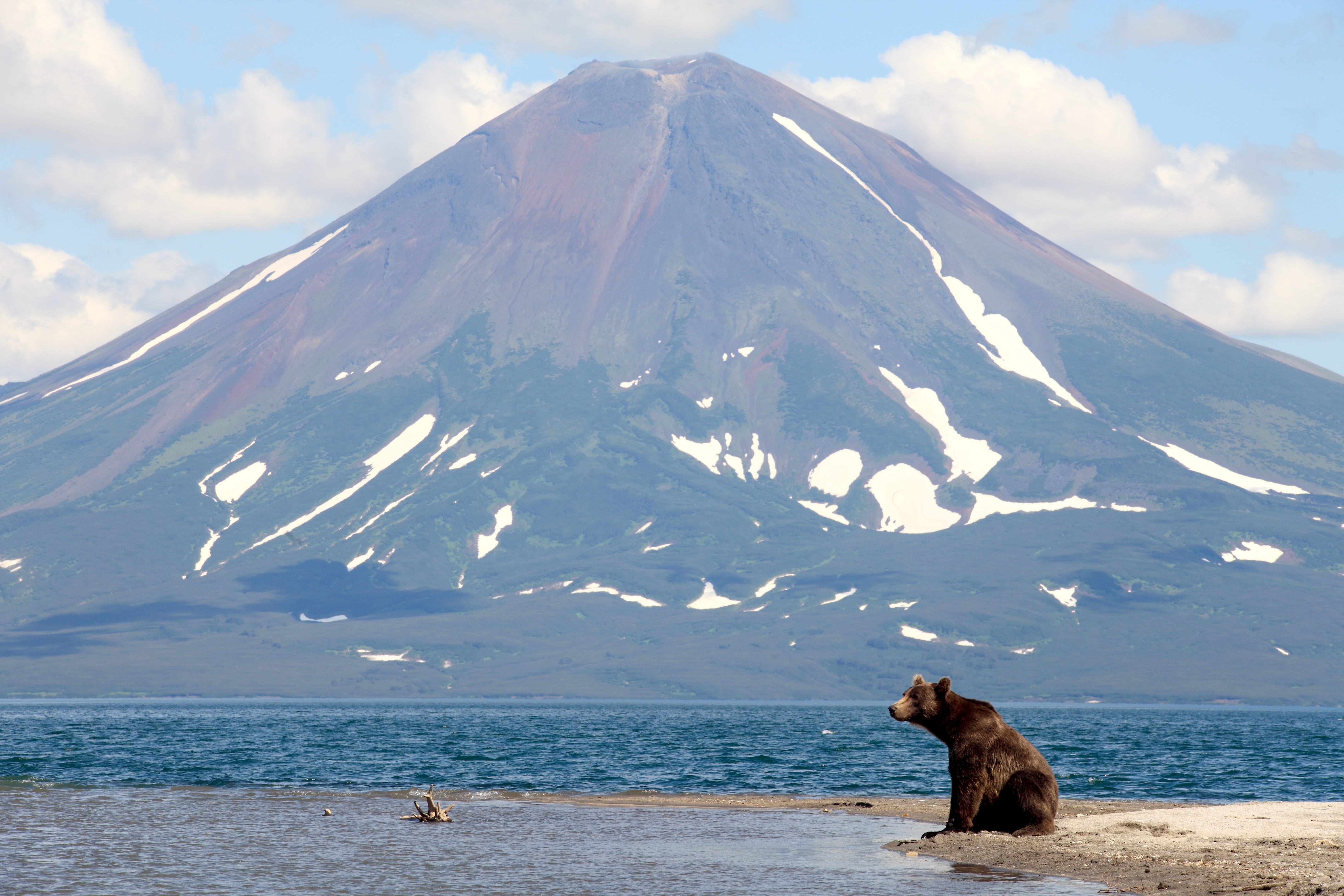
the Kamchatka Peninsula |
Камчатка / Камчатский полуостров
